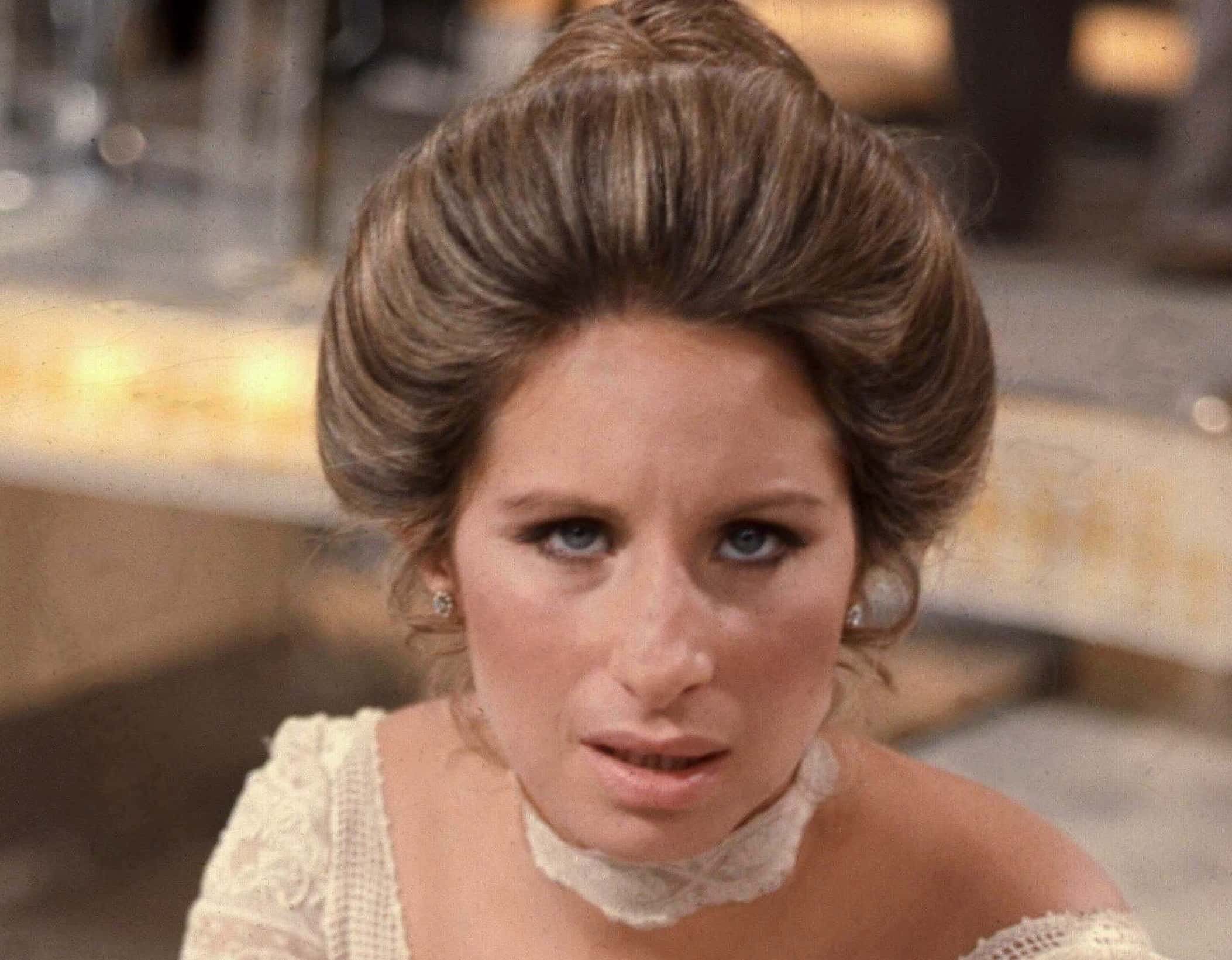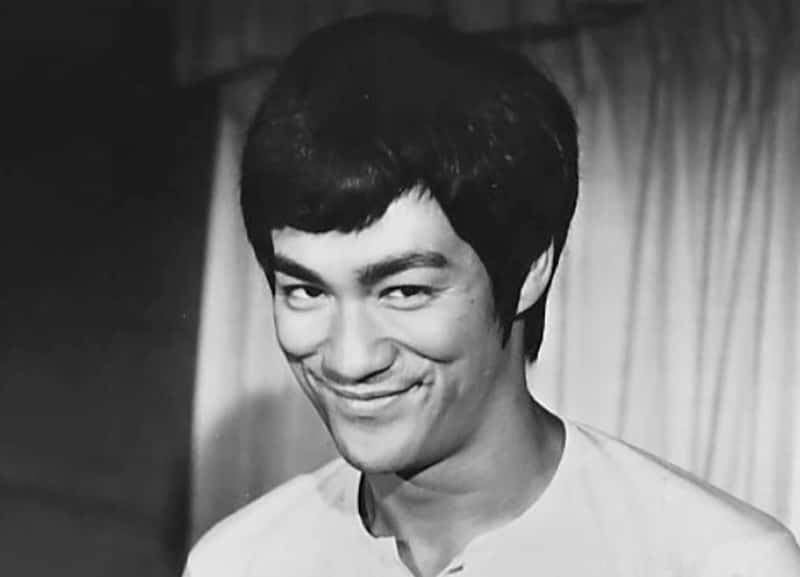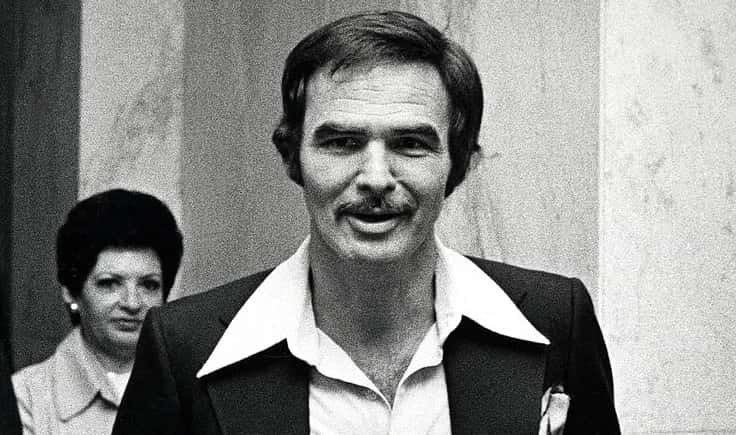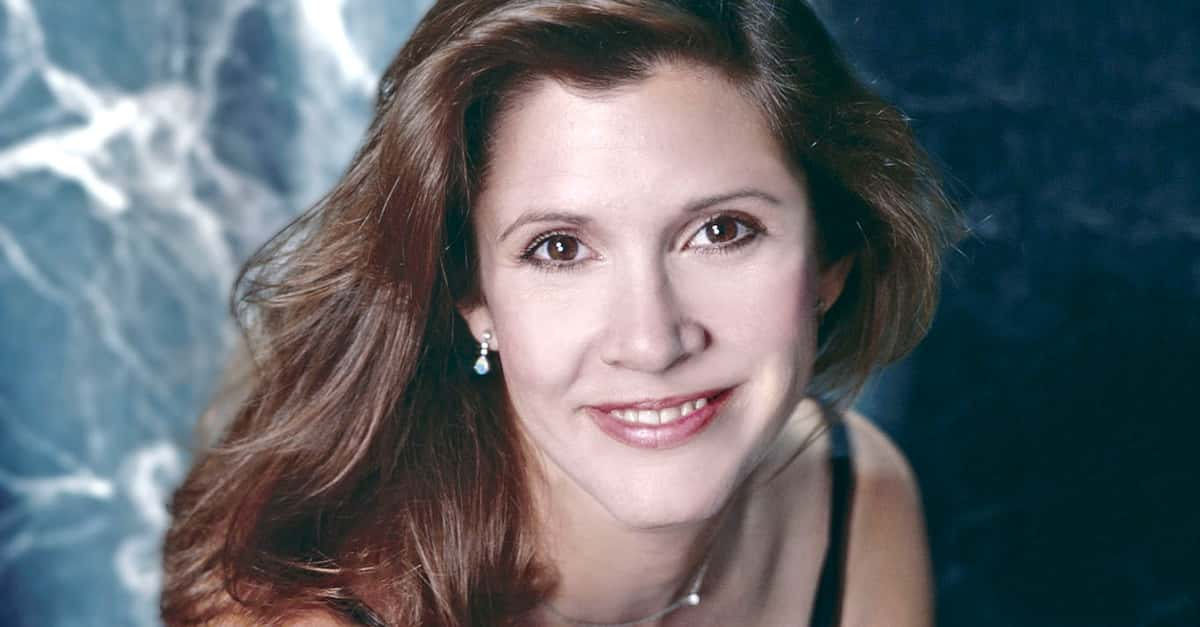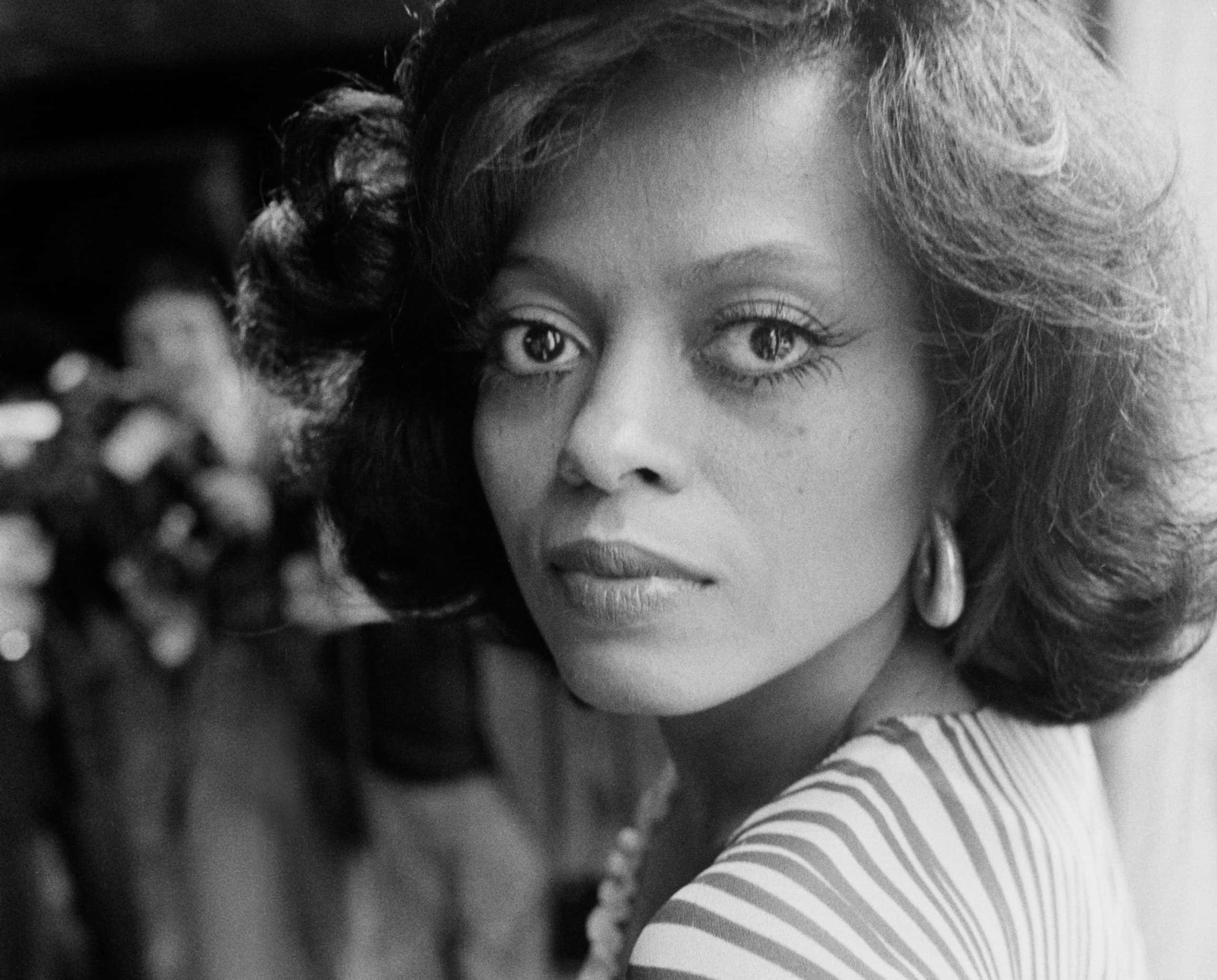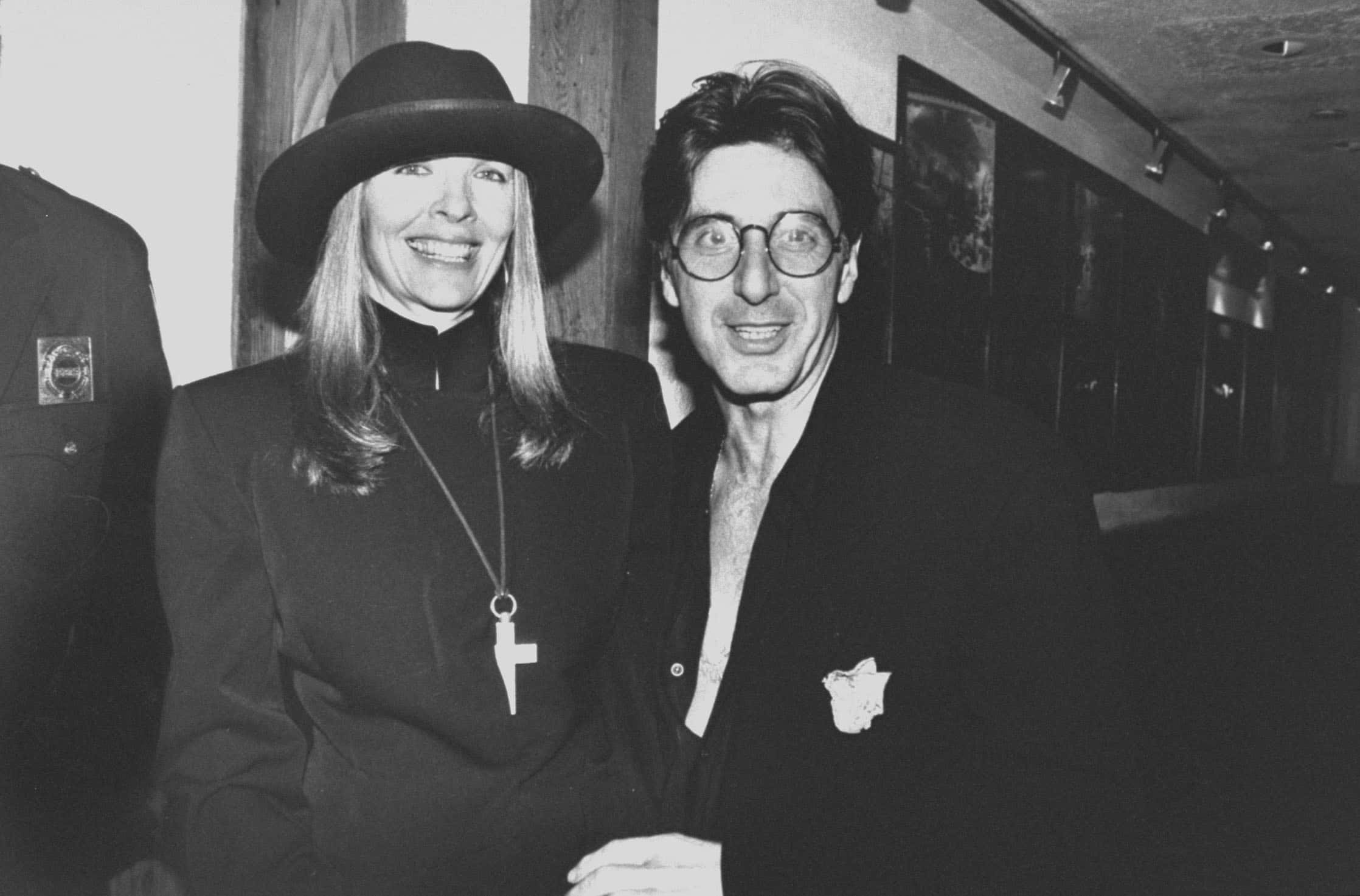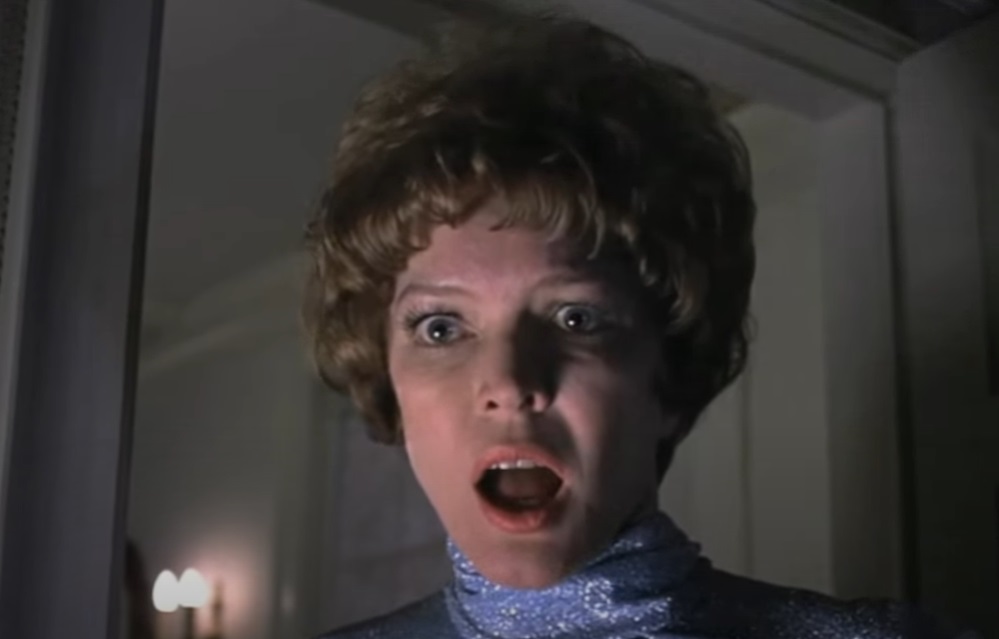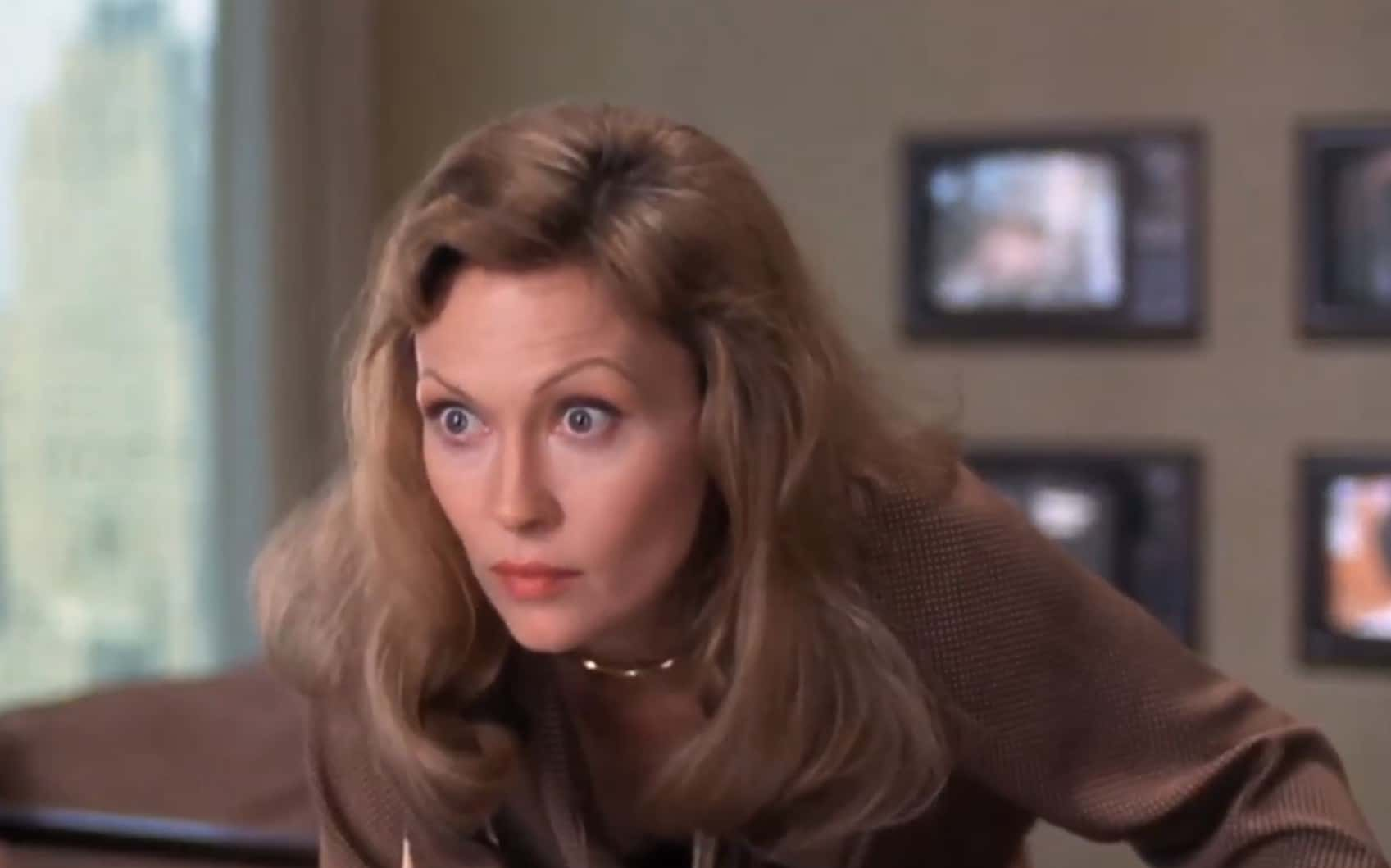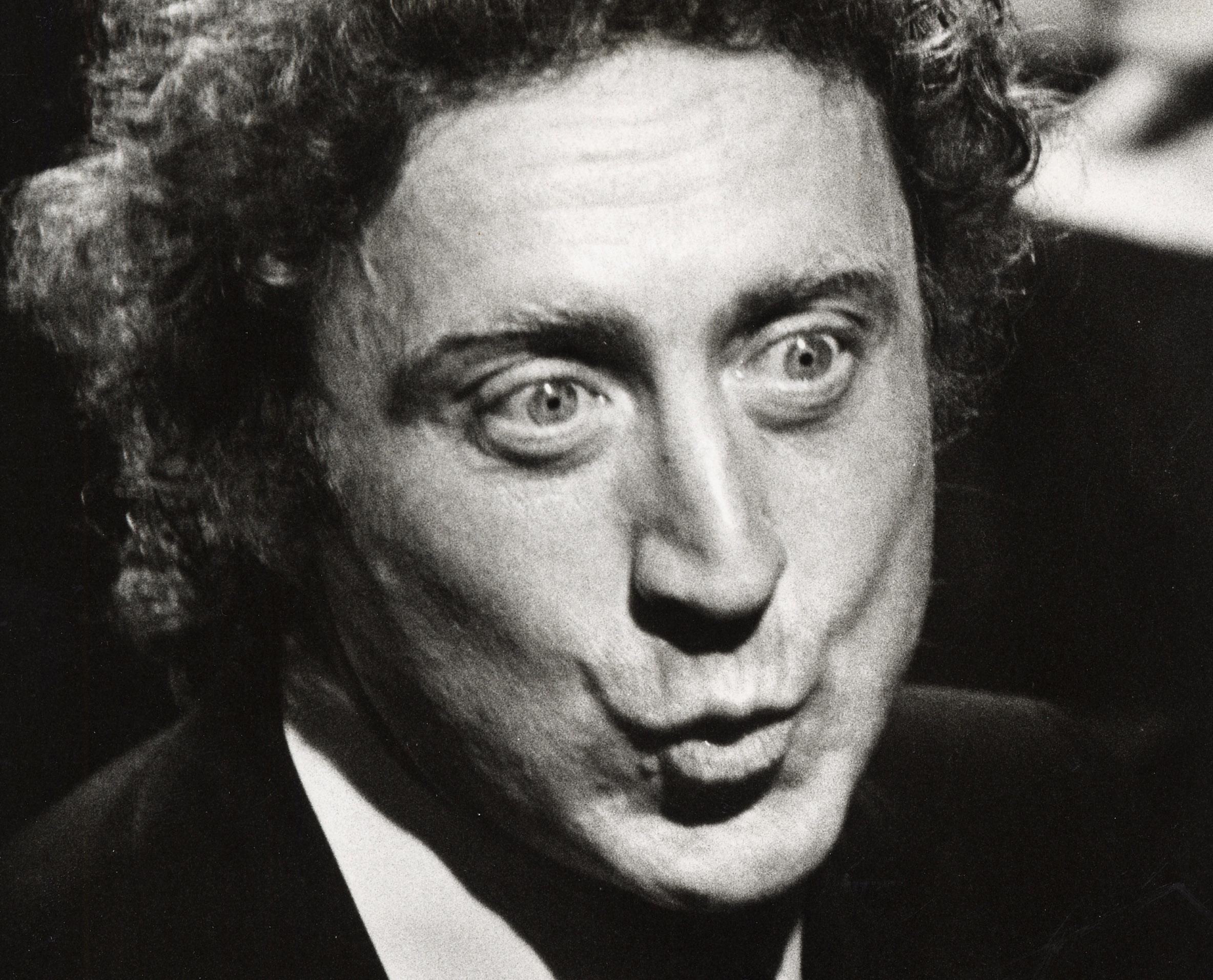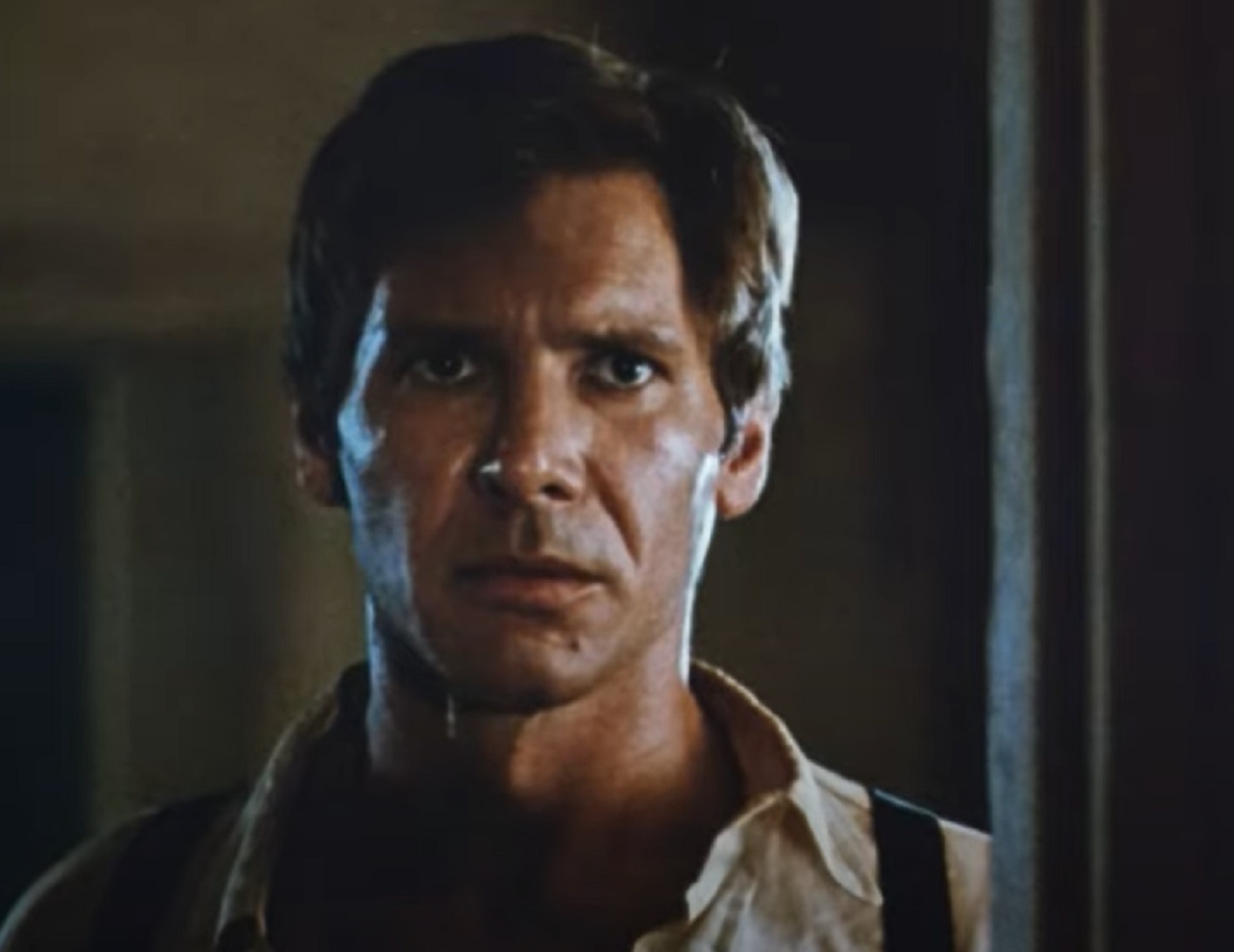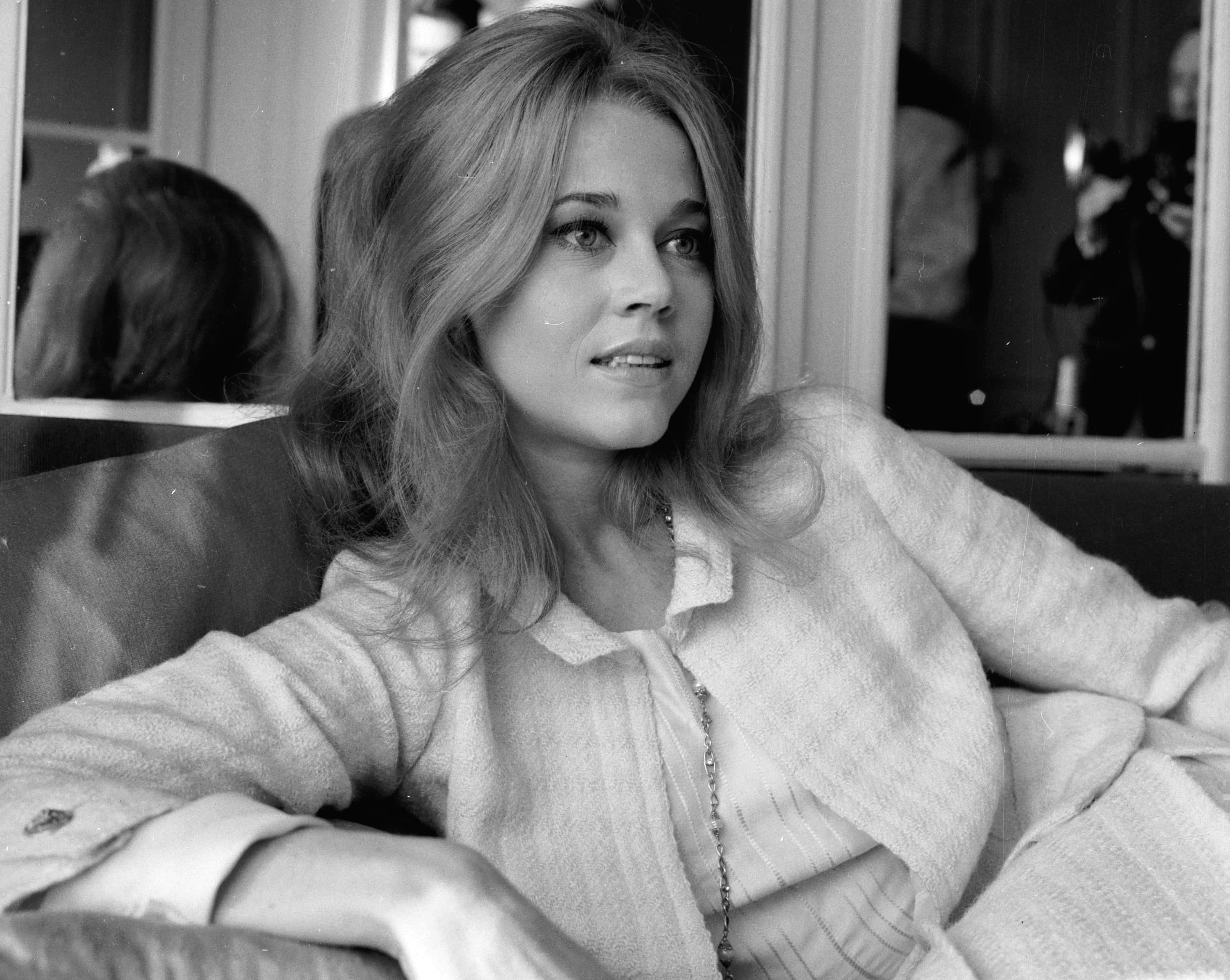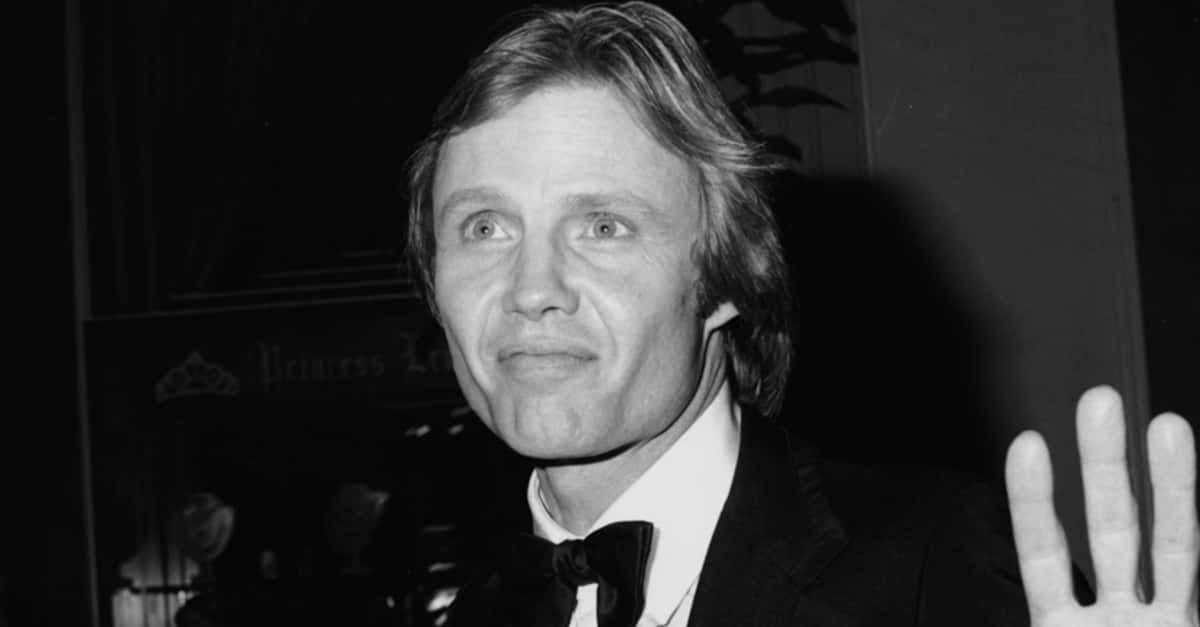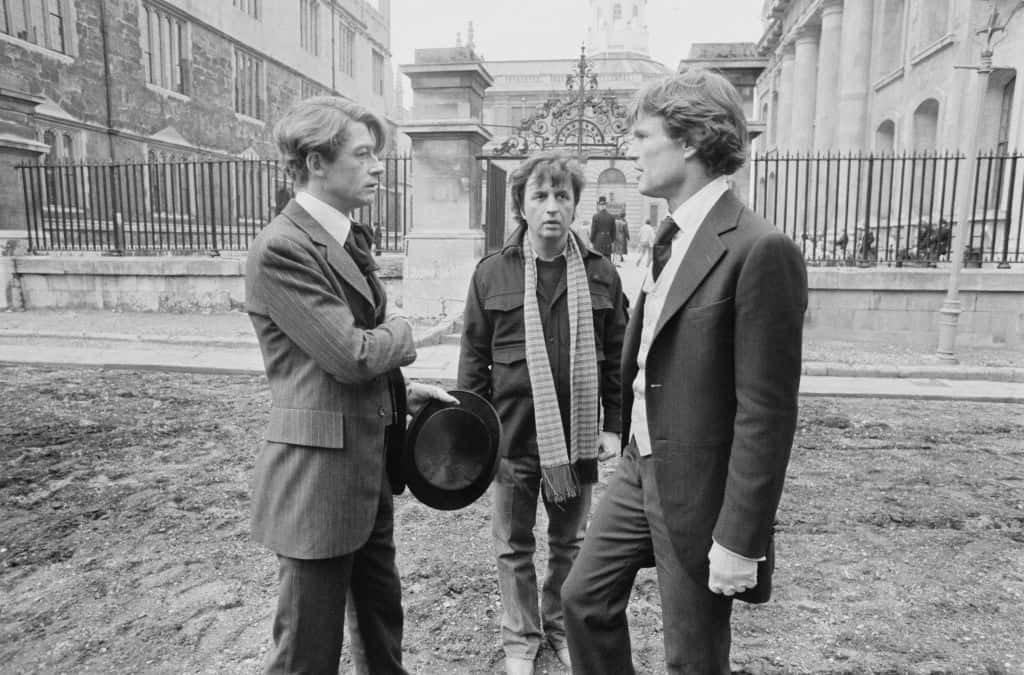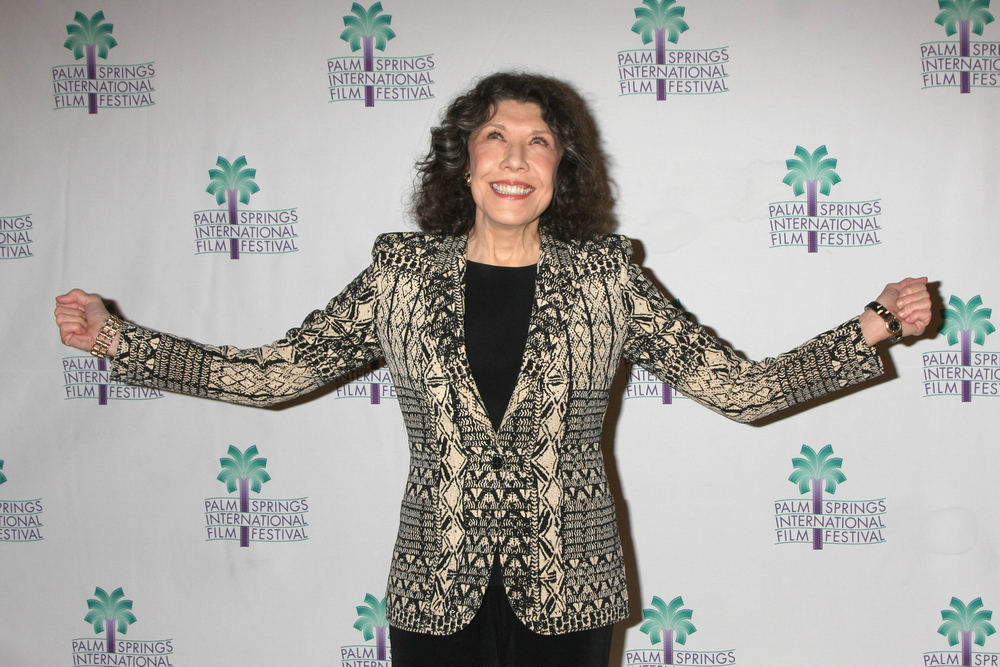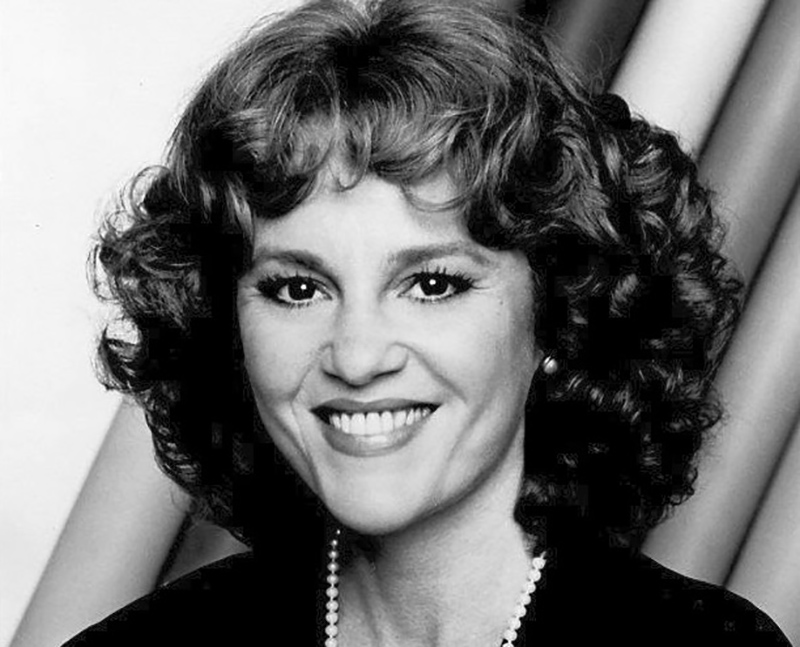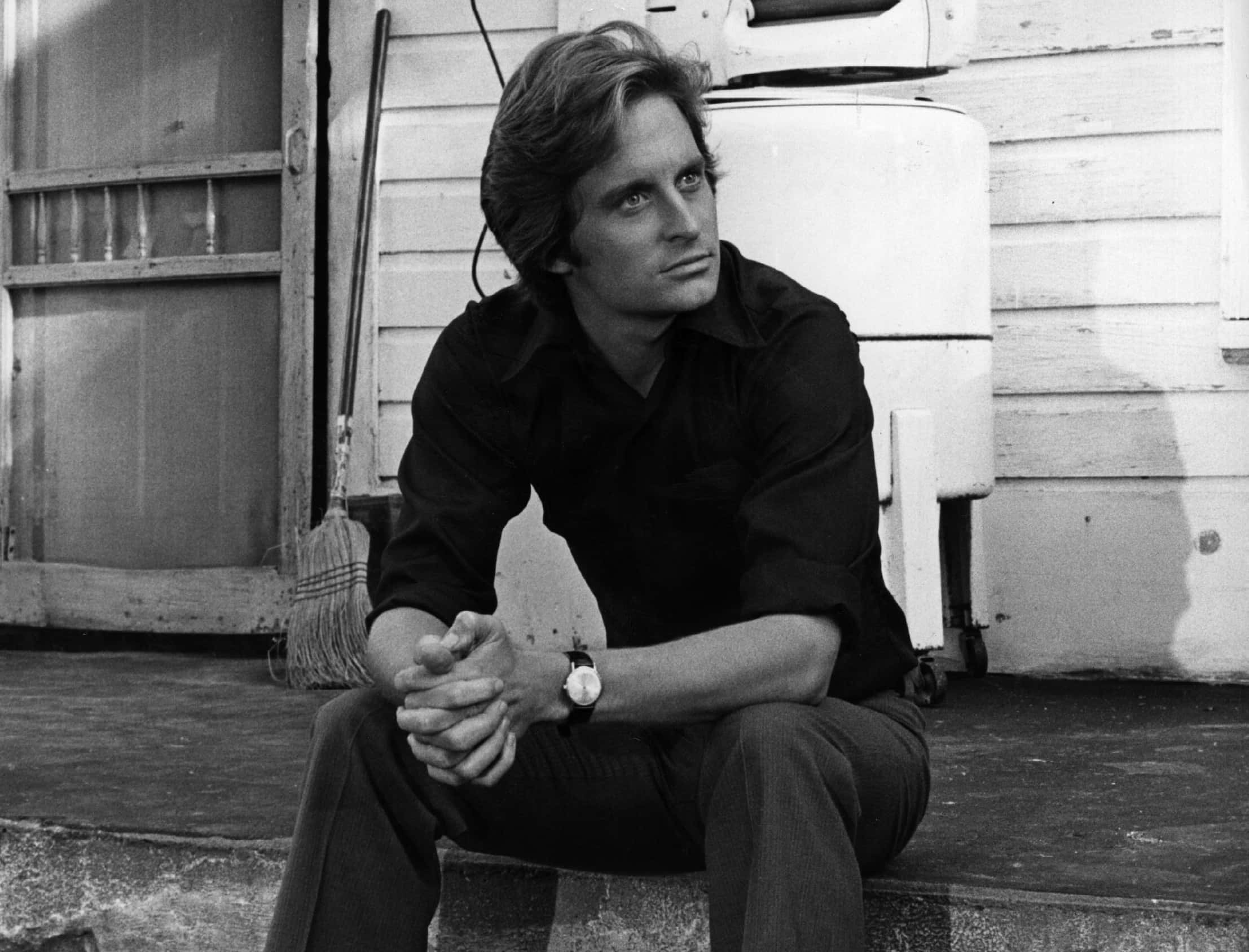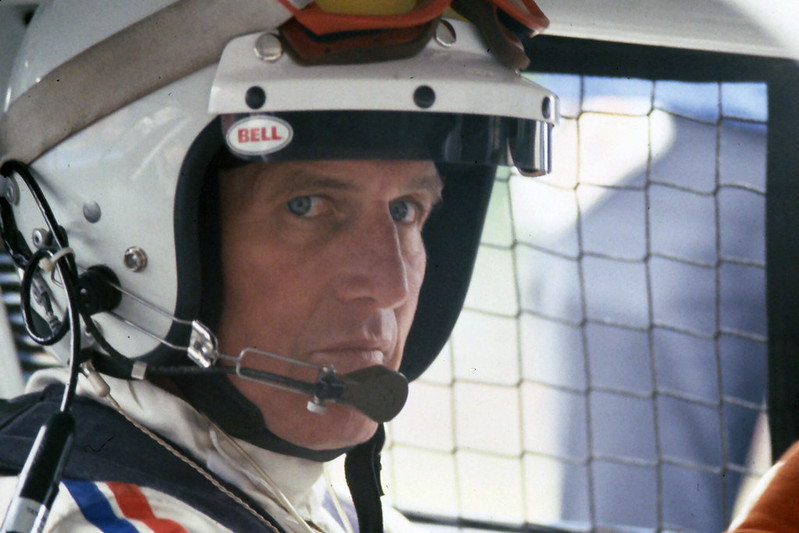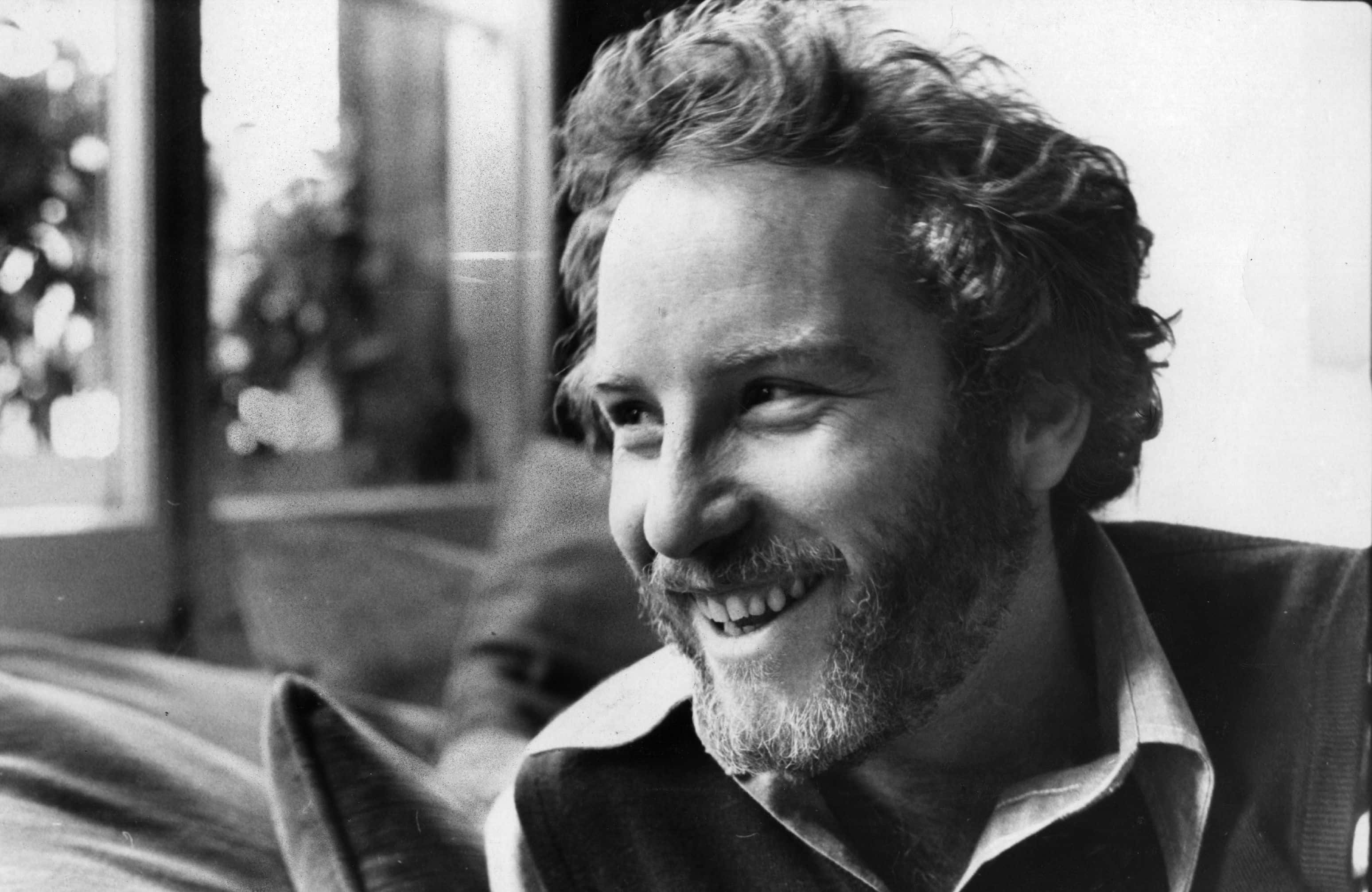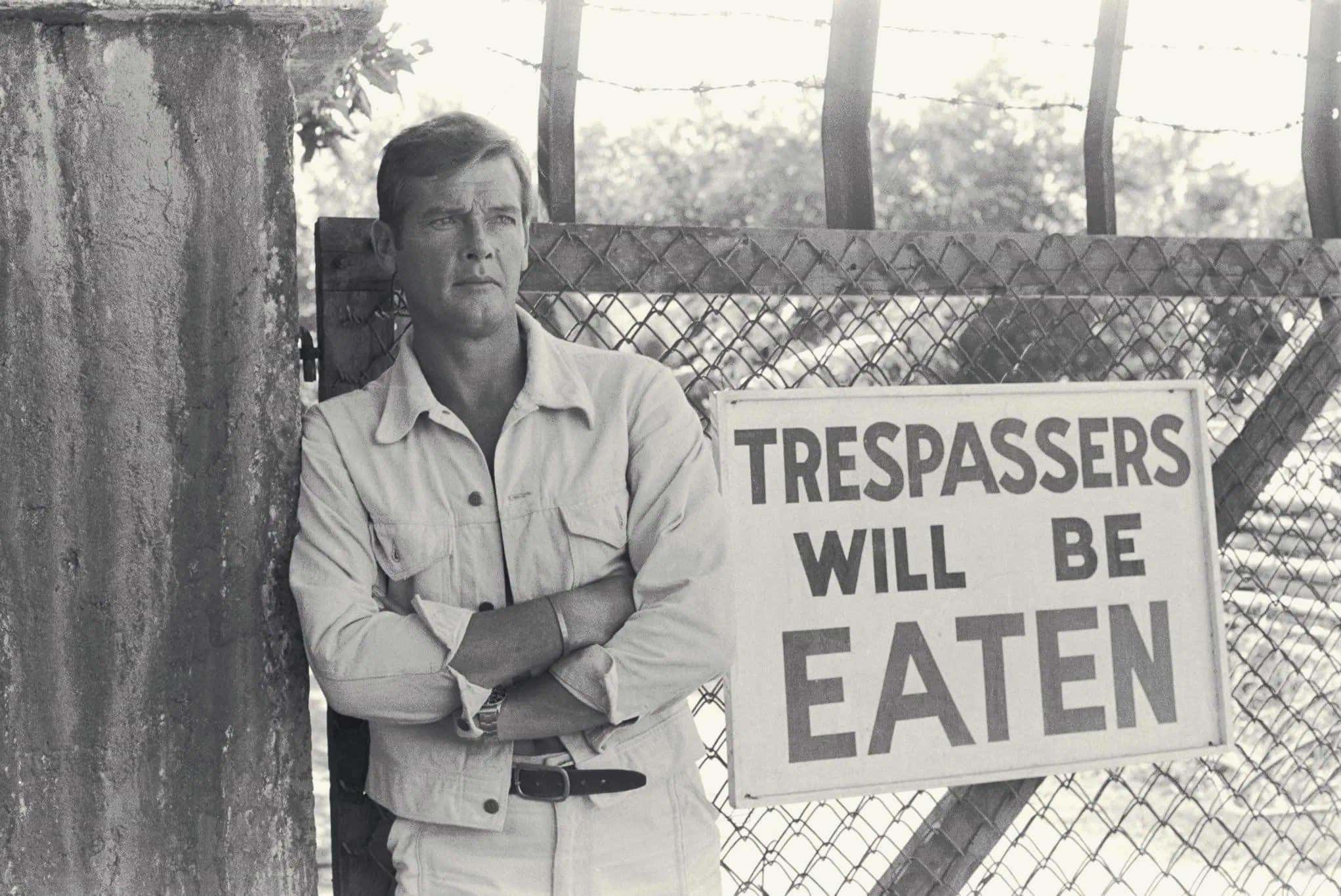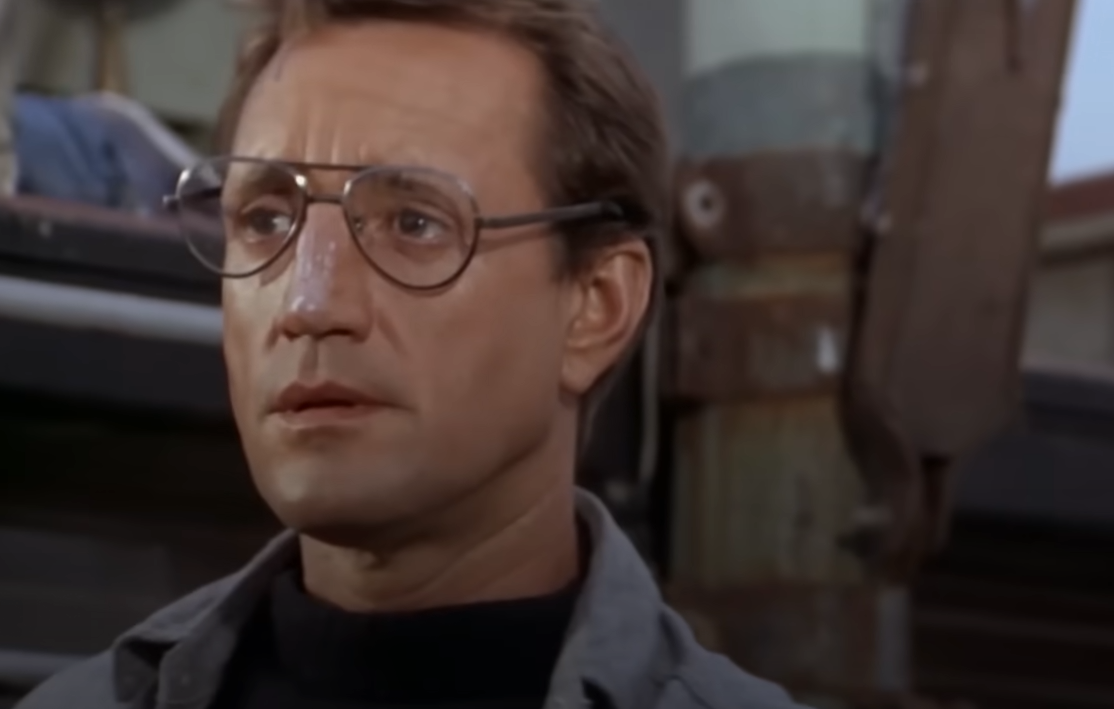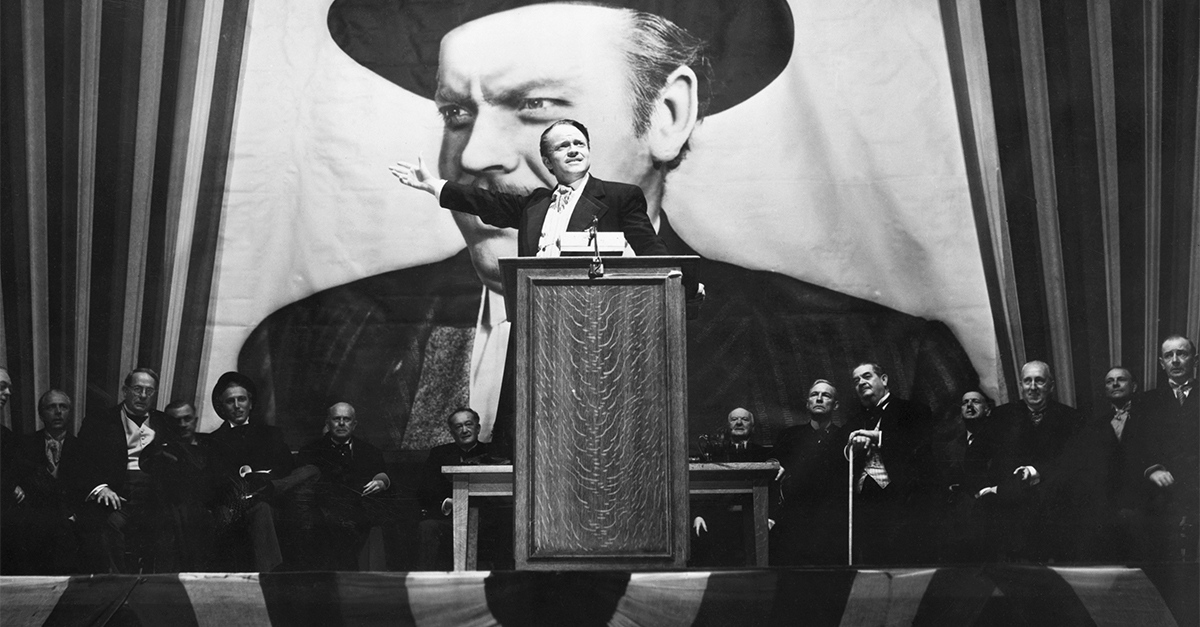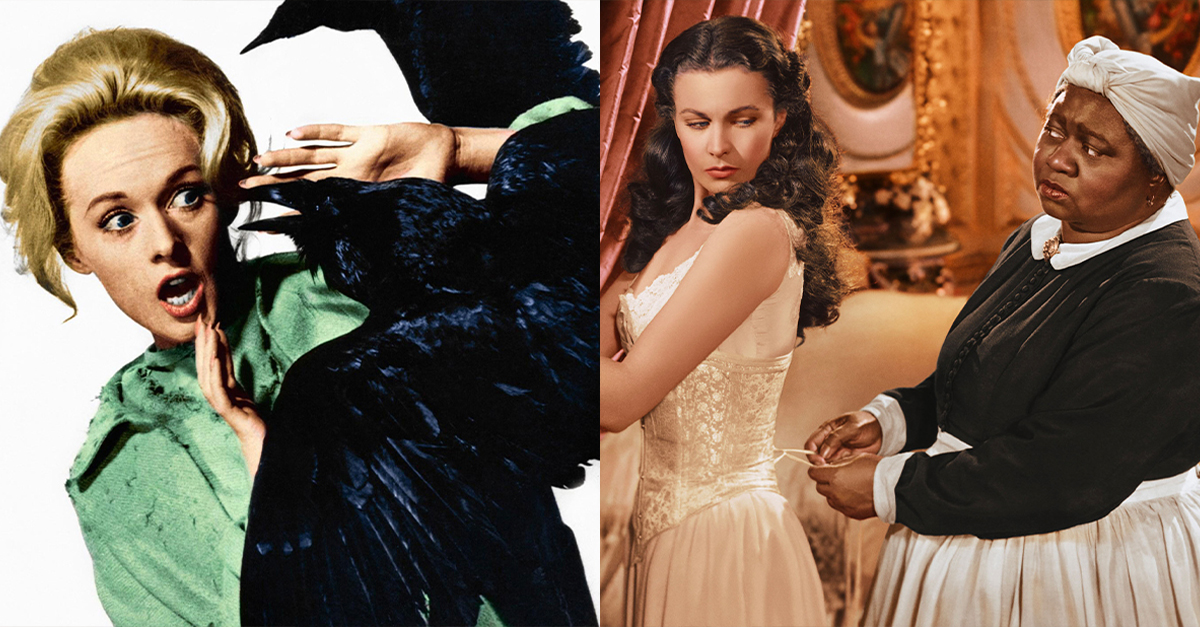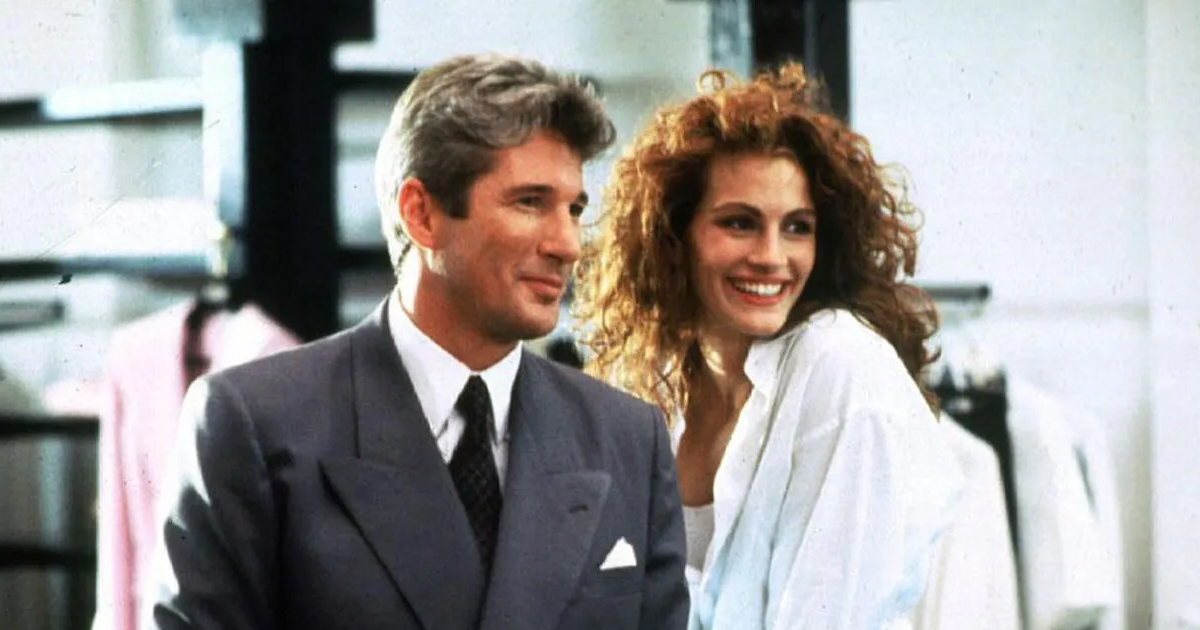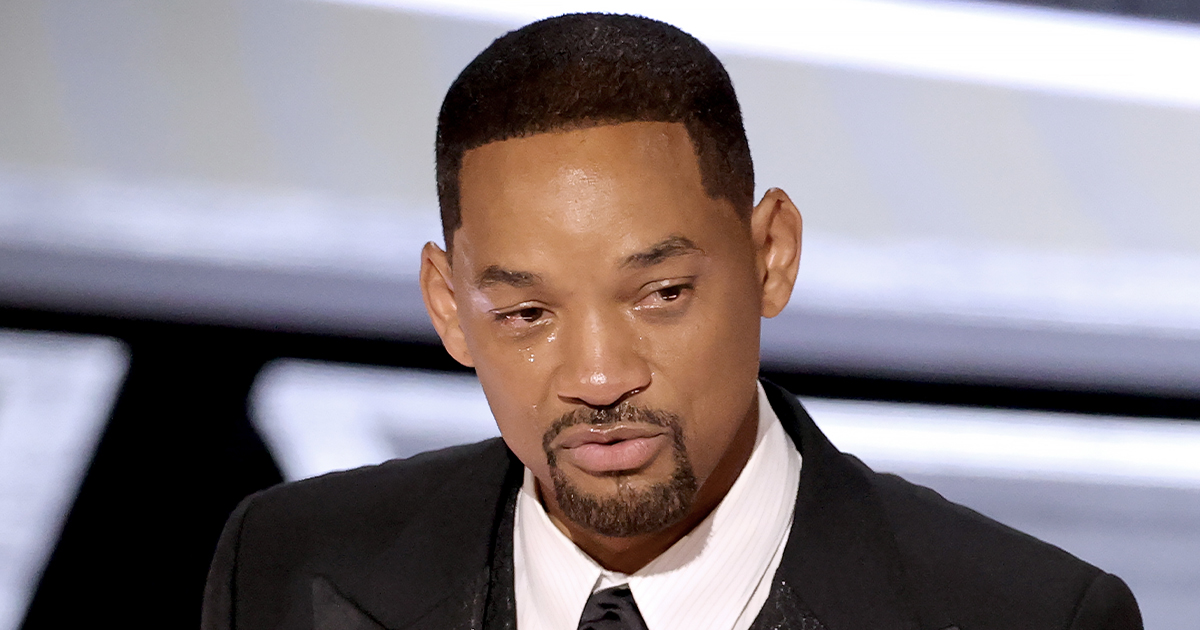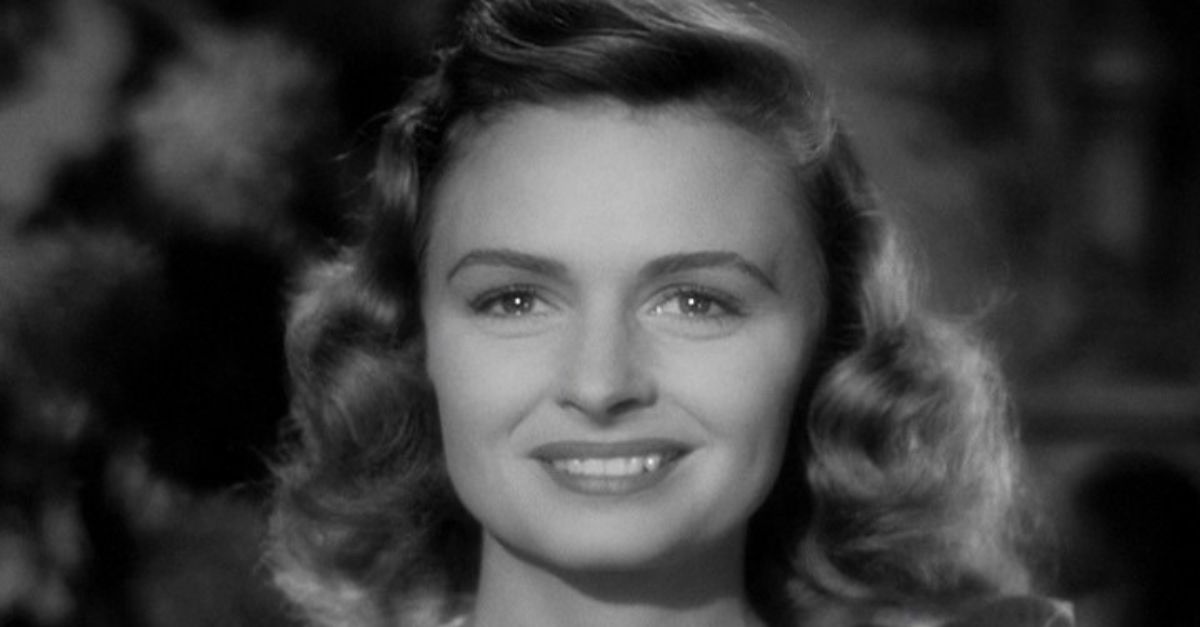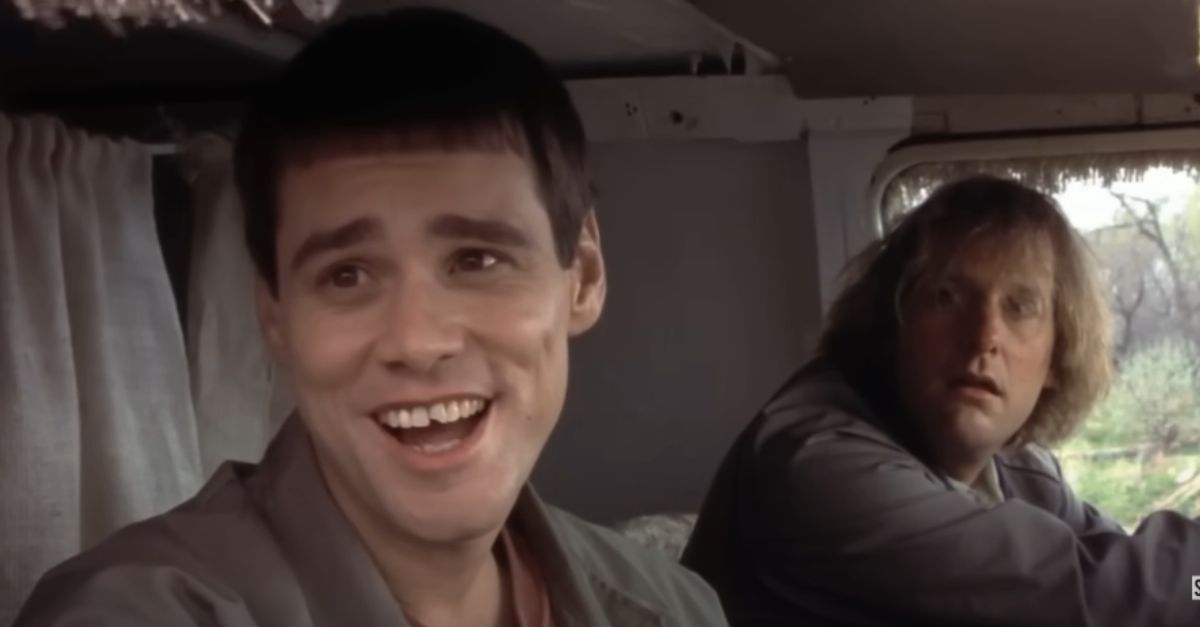The New Hollywood
Actors in the 1970s faced the legacy of a turbulent past decade. Television had pushed Hollywood studios toward spectacle, but widescreen epics and Technicolor musicals weren’t drawing in the crowds. Baby boomers wanted something different, so enter “New Hollywood” with daring auteurs influenced by daring European trends. Storytelling turned anti-establishment, explored the worlds of anti-heroes, and directors such as Brian De Palma, Francis Ford Coppola, Martin Scorsese, and Steven Spielberg delved into the dark side of the American Dream. Here are some of the great actors that thrived or dived during this thrilling time of change.
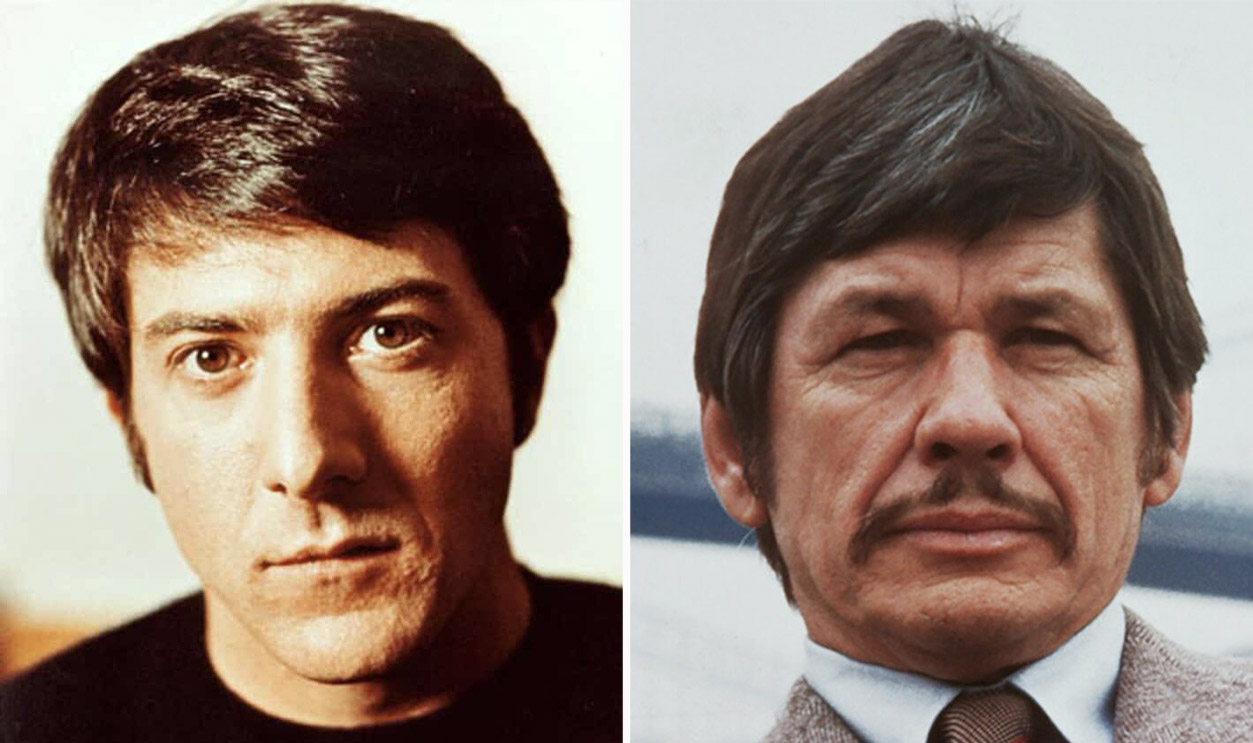
Al Pacino
Pacino had acted in only two films when Francis Ford Coppola cast him as Michael Corleone in the massive hit The Godfather (1972). Peeved his Oscar nomination was for supporting actor, he was then nominated as lead actor four times in the decade, for Serpico (1973), The Godfather Part II (1974), Dog Day Afternoon (1975), and finally for ...And Justice For All (1979).
His career slumped for a while in the next decade, but picked up, and he’s still acting in his 80s.
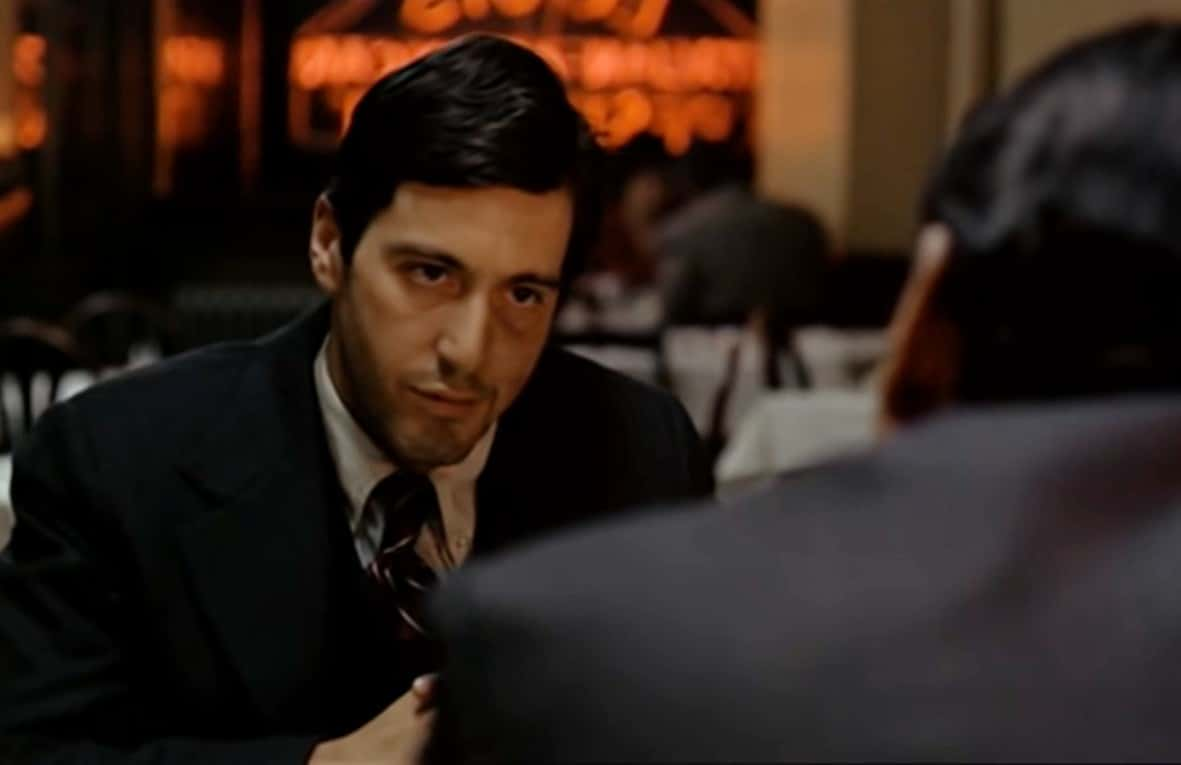 The Godfather (1972), Paramount Pictures
The Godfather (1972), Paramount Pictures
Barbra Streisand
Streisand was already a popular singer when she made her film debut and won an Oscar for the musical Funny Girl (1968). In the 1970s, she appeared in comedies such as What’s Up, Doc? (1972) and The Main Event (1979), and in the drama The Way We Were (1973), which was a box office hit. She earned an Oscar for best original song for A Star Is Born (1976), in which she also acted. After Yentl (1983), Streisand’s acting became more occasional.
Bruce Lee
Perhaps the most famous martial artist of the 20th century, Lee combined his passion for acting and fighting as the lead in The Big Boss (1971), Fist Of Fury (1972), The Way Of The Dragon (1972), and Enter The Dragon (1973). The latter was a co-production with Warner Brothers, and premiered in Hong Kong just days after Lee’s sudden demise at the age of 32. His legacy lives on as a fighter who thrilled moviegoers and inspired fans to take up martial arts themselves.
Burt Reynolds
Recognized as a TV star in Gunsmoke and other shows of the 1960s, Reynolds made his mark on the big screen with Deliverance (1972), followed by more moneymakers like The Longest Yard (1974) and Smokey And The Bandit (1977). His box office mojo faded after the early 1980s, and he confined himself to television until Boogie Nights (1997) restarted his film-acting career. Reynolds passed on in 2018 at the age of 82.
Carrie Fisher
Fisher starred in the controversial Shampoo (1975) while still a teenager, but it was the first Star Wars film, released in 1977, that forever cemented her role in pop culture—as Princess Leia, a role she would reprise in 1980 and 1983 sequels, and even later. She also appeared on TV and stage, and published well-received books. She passed on in 2016 at the age of 60, having just finished filming her role as Leia in Star Wars: The Last Jedi (2017).
Charles Bronson
Bronson was already a box office draw when he appeared in his most famous film, Death Wish (1974), playing a character who turns to vigilante justice after a home invasion. Critics said the film promoted taking the law into your own hands. Audiences loved it, and Bronson starred in all four sequels. Also in 1974, Bronson appeared in Mr. Majestyk—and left a very bad impression on his co-workers. On the first day of filming, production got delayed, which put Bronson in a sour mood.
When he saw that it was a transport truck full of cars that was holding things up, Bronson shouted, “You know what this company needs—it needs a European first assistant and a European crew!" People didn’t take too kindly to that and the film’s director, Richard Fleischer, had to persuade the entire film crew not to quit en masse.
Bronson mostly stuck to TV roles later in life, and he passed on in 2003 at the age of 81.
 Herald American, Wikimedia Commons
Herald American, Wikimedia Commons
Clint Eastwood
Rising to fame through the TV show Rawhide and spaghetti westerns of the 1960s, Eastwood’s place in popular culture exploded onto the silver screen with Dirty Harry (1971) as its title character, an angry cop determined to use any means to track down a psychopathic killer. Eastwood started his own production company, and still acts, directs, and produces. He did all three of those things in Cry Macho (2021), released when he was in his 90s.
David Carradine
Carradine played a Shaolin monk on ABC’s TV hit show Kung Fu from 1972 to 1975 before he switched to racing cars in Death Race 2000 (1975), followed by more car chases in Cannonball! (1976). Critics praised his acting in Bound For Glory (1976), as singer Woody Guthrie, but an Ingmar Bergman film he appeared in, The Touch (1971), was generally panned. The Kill Bill movies (2003 and 2004) helped revive his career, before he passed on in 2009 at the age of 72.
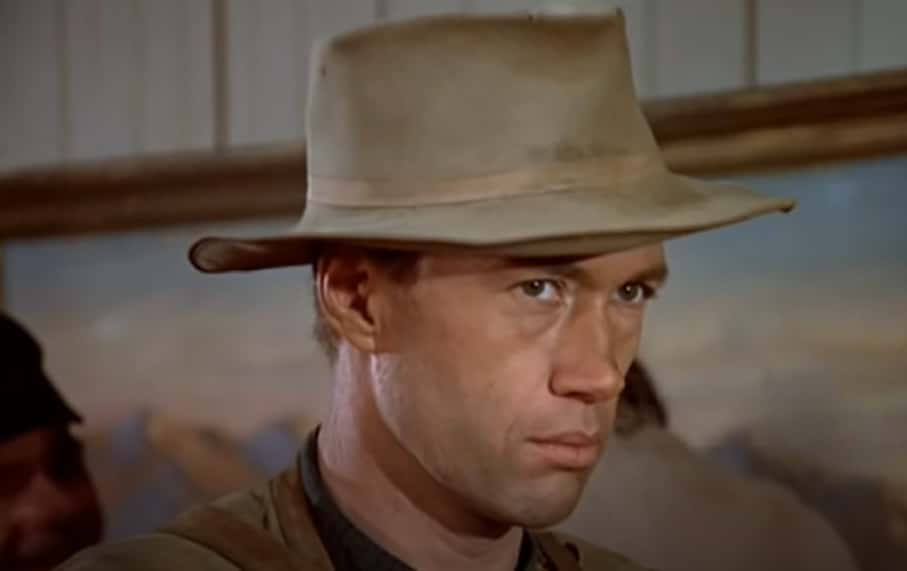 Kung Fu (1972–1975), Warner Bros. Television
Kung Fu (1972–1975), Warner Bros. Television
Diana Ross
After her 1960s success with The Supremes, Ross went solo in 1970 and made her film debut portraying troubled singer Billie Holiday in the critically acclaimed Lady Sings The Blues (1972). She walked away from Mahogany (1975), but it still did well at the box office. Then Ross’s brief but spectacular film career came to an end after a high-budget African-American musical The Wiz (1978) flopped with critics and audiences—but she’s still singing, decades later.
Diane Keaton
Keaton won an Oscar for her title role in Woody Allen’s Annie Hall (1977), though she later fought against being typecast. Her first big role on screen was in The Godfather (1972), and she starred in the crime drama Looking For Mr. Goodbar (1977), but it was her work with Allen that that most kept her in the public eye, with roles in Play It Again, Sam (1972), Sleeper (1973), and Manhattan (1979). She’s still acting as she approaches the age of 80.
Donald Sutherland
Canadian actor Sutherland had some success in Britain before making it big in The Dirty Dozen (1968), which earned him roles in three films that started off the decade: M*A*S*H, Kelly’s Heroes, and Start The Revolution Without Me, all released in 1970. He starred with Jane Fonda in Klute (1971), and appeared in the very different 1900 (1976), directed by Bernardo Bertolucci, and National Lampoon’s Animal House (1978). Acting to the end, he passed on in 2024 at the age of 88.
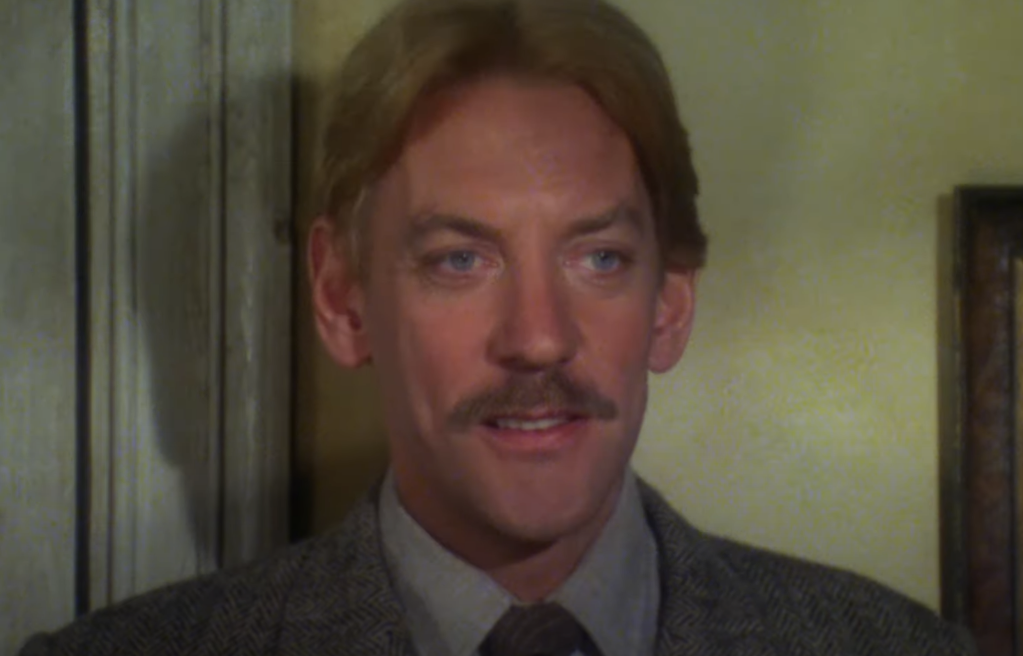 United Artists, Eye of the Needle (1981)
United Artists, Eye of the Needle (1981)
Dustin Hoffman
Hoffman’s breakthrough film was The Graduate (1967), followed by Midnight Cowboy (1969), leading to a decade of stardom in such films as Straw Dogs (1971), Lenny (1974), and All The President’s Men (1976). Hoffman’s intense method acting (and perhaps partying) while filming Marathon Man (1976) led co-star Laurence Olivier to remark, “Next time try acting”. Hoffman finished the decade in Kramer Vs Kramer (1979) with Meryl Streep. Now in his 80s, he still acts.
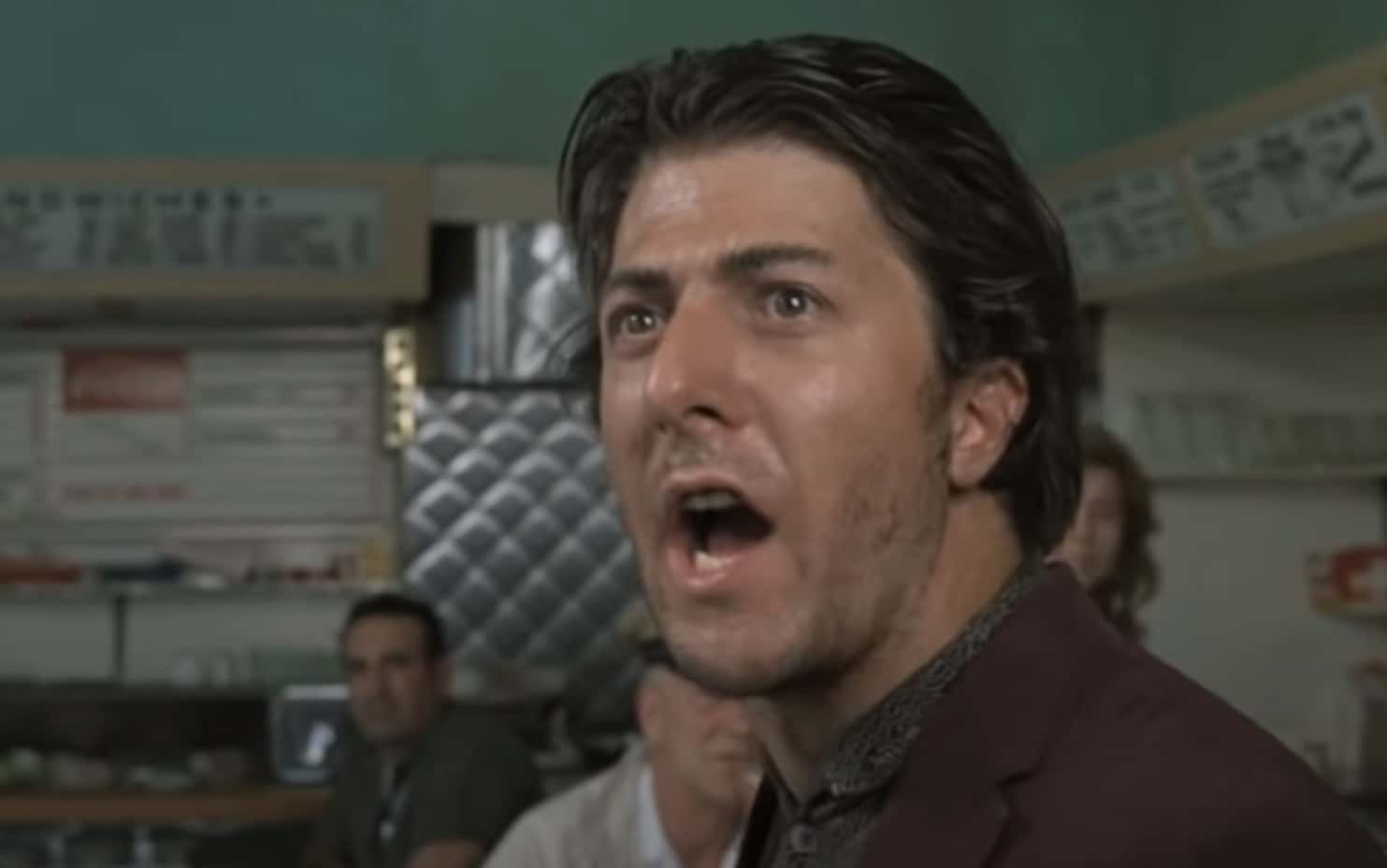 Midnight Cowboy(1969), United Artists
Midnight Cowboy(1969), United Artists
Ellen Burstyn
Burstyn received acclaim—including an Oscar nomination—for her role in The Last Picture Show (1971). She achieved further fame after starring in The Exorcist (1973), but while the movie earned her another Oscar nomination, filming left her spine injured. Burstyn won an Oscar for Alice Doesn’t Live Here Anymore, released in 1975, the same year the Broadway play Same Time, Next Year earned her a Tony. As she approached 90, she reprised her role in The Exorcist for a sequel released in 2023.
Faye Dunaway
Dunaway’s role in the groundbreaking Bonnie And Clyde (1967) earned her an Oscar nomination and introduced her to the wider public. A second nomination came for Chinatown (1974), and she won an Oscar for Network (1976). She also starred in The Towering Inferno (1975) and The Eyes Of Laura Marsh (1978). In her 80s, she still acts for stage and screen.
Gene Hackman
Like Dunaway, Hackman received an Oscar nomination for Bonnie And Clyde (1967). He received a second nomination for I Never Sang For My Father (1970), but his first Oscar came with The French Connection (1971) as a New York City detective. An extremely busy actor in the 1970s, he also starred in The Poseidon Adventure (1972) and The Conversation (1974). He showed a comedic streak in Superman: The Movie (1978). Now in his 90s, he retired in 2008.
 Twentieth Century, The French Connection (1971)
Twentieth Century, The French Connection (1971)
Gene Wilder
Wilder played various comedic roles in the 1970s, including in two Mel Brooks films released in 1974: Blazing Saddles and Young Frankenstein, a movie Wilder co-wrote with Brooks. Wilder appeared with Richard Pryor in Silver Streak (1976) and in a Woody Allen comedy in 1972, but in popular culture today, he may be most remembered for his portrayal of Willy Wonka in Willy Wonka And The Chocolate Factory (1971). Wilder passed on in 2016 at the age of 83.
Harrison Ford
Playing supporting roles in American Graffiti (1973) and The Conversation (1974) could hardly have prepared Ford for the fame that awaited him playing Han Solo in Star Wars (1977) and many of its sequels. And he got even more stardom from the Raiders Of The Lost Ark franchise starting in 1981. Although the bulk of his work came after the 1970s, it’s hard to ignore that this was the decade that launched Ford into galactic stardom. Now in his 80s, he’s still acting.
Jack Nicholson
Nicholson won his first of three Oscars with One Flew Over The Cuckoo’s Nest (1975), having been earlier nominated for the low-budget hit Easy Rider (1969). Five Easy Pieces (1970) cemented his antihero cred and box office status. He memorably played a private detective in Chinatown (1974), garnering another Oscar nomination, and branched out with Michelangelo Antonioni’s The Passenger (1975). Now in his 80s, Nicholson is unofficially retired.
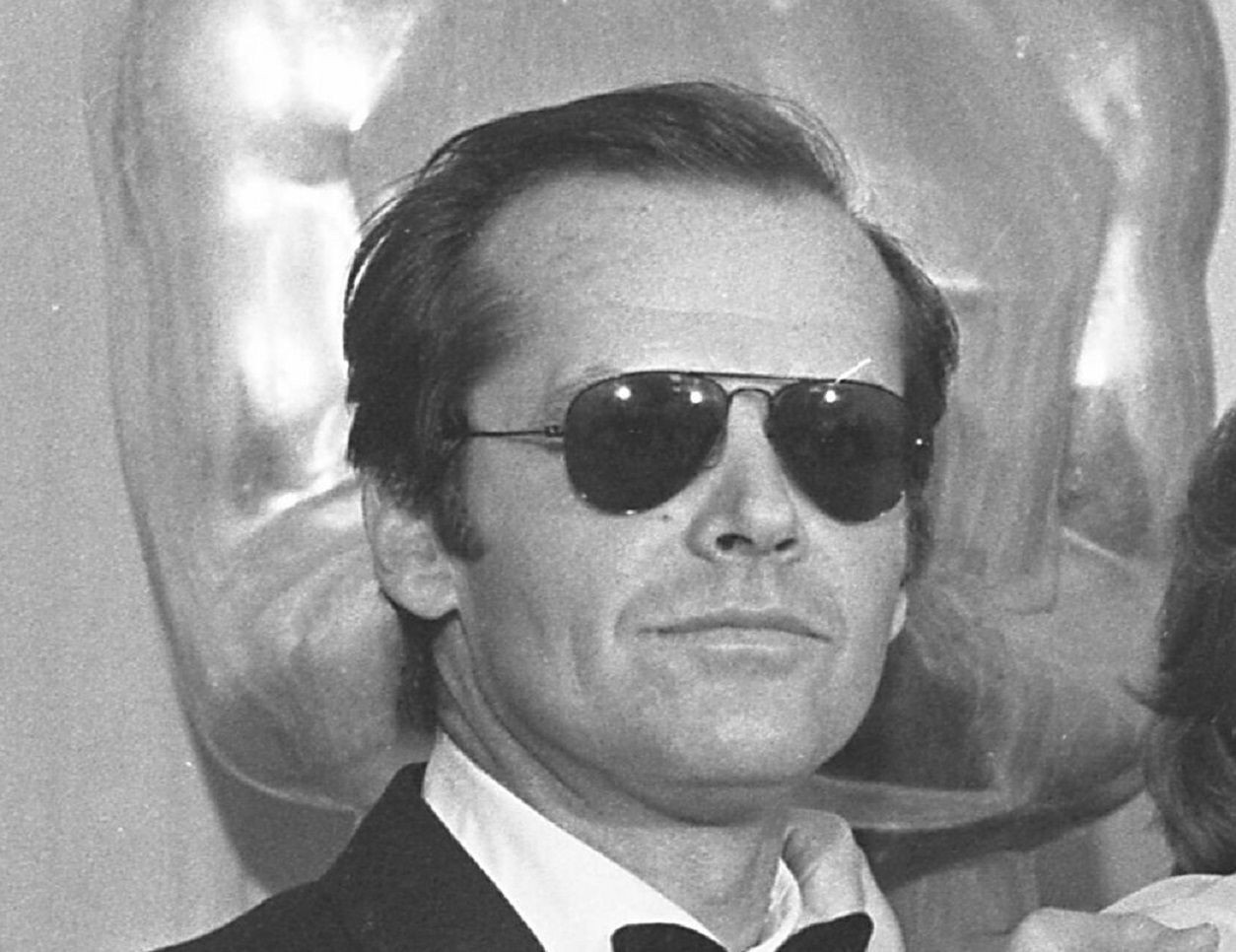 Los Angeles Times, CC BY-SA 4.0, Wikimedia Commons
Los Angeles Times, CC BY-SA 4.0, Wikimedia Commons
James Caan
Caan sometimes felt trapped by the role of Sonny Corleone in The Godfather (1972), which made Caan a bankable leading man. He played in the hit Funny Lady (1975) with Barbra Streisand, but hated The Killer Elite (1975), feeling pressured to appear “commercial”. He was part of the ensemble cast of A Bridge Too Far (1977), then acted in, and directed, Hide In Plain Sight (1978). Critics liked it, but it wasn’t a hit. Acting to the end, Caan passed on in 2022 at the age of 82.
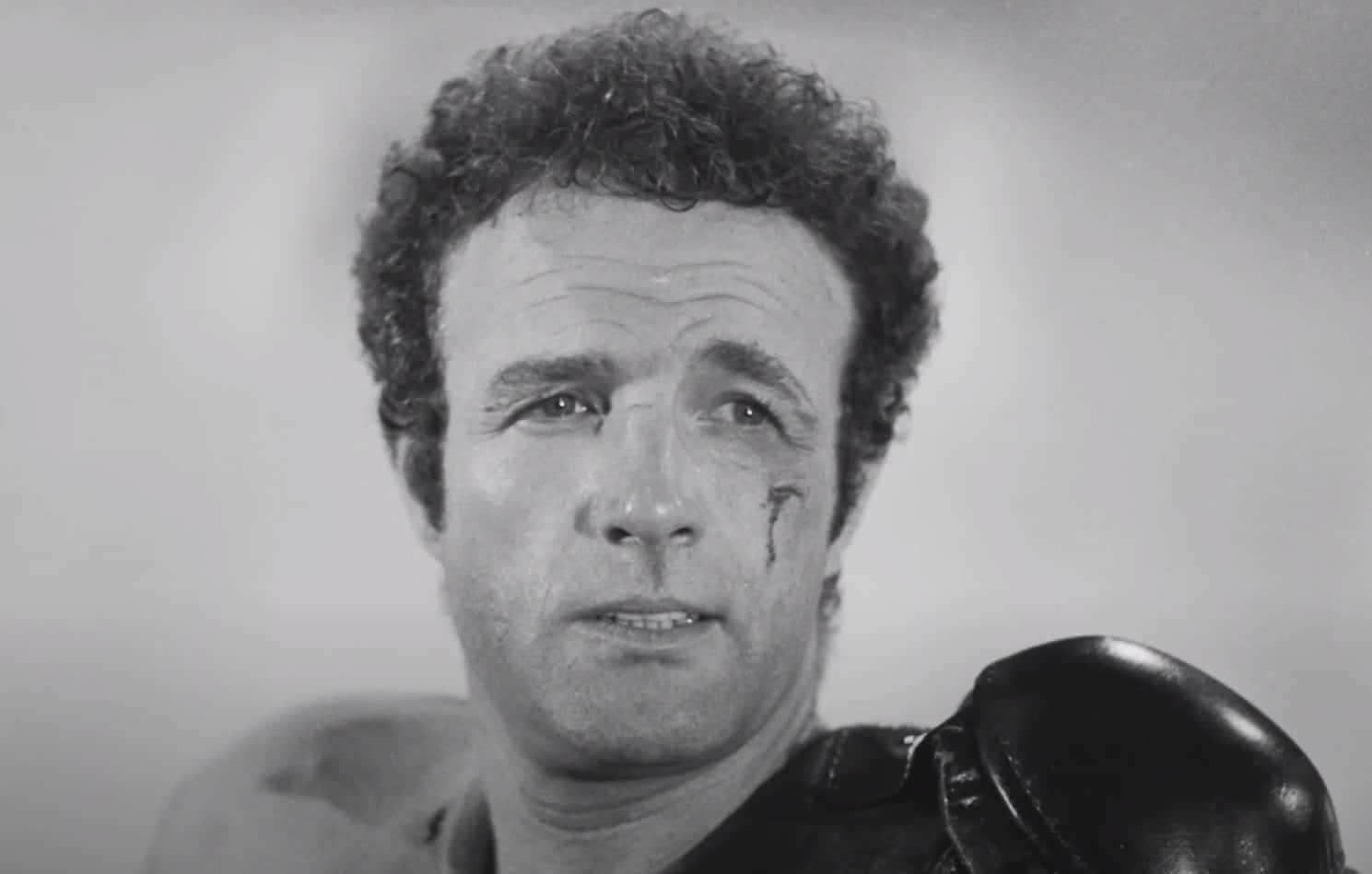 Tragic Details About James Caan, Grunge
Tragic Details About James Caan, Grunge
Jane Fonda
Fonda’s dramatic role in They Shoot Horses, Don’t They? (1969) helped change her bombshell image, with critics loving Klute (1971), which won her an Oscar. Despite that acclaim, her next films were more hit and miss. In 1977, Fun With Dick And Jane as well as Julia received praise, and she won her second Oscar for Coming Home (1978). Drawn to big issues, she starred in The China Syndrome (1979) about a cover-up at a nuclear plant. Now in her 80s, Fonda continues to act.
Jodie Foster
As a teenager, Foster appeared in a variety of roles—in 1976 alone she appeared in Disney’s Freaky Friday; Martin Scorsese’s Taxi Driver, a film that made Foster realize acting wasn’t just a “hobby”; Bugsy Malone, which had child actors playing adult roles, with Foster’s performance particularly impressing critics; and The Little Girl Who Lives Down The Road, with Martin Sheen. As the decade ended, Foster prepared to head to college, and adult fame awaited.
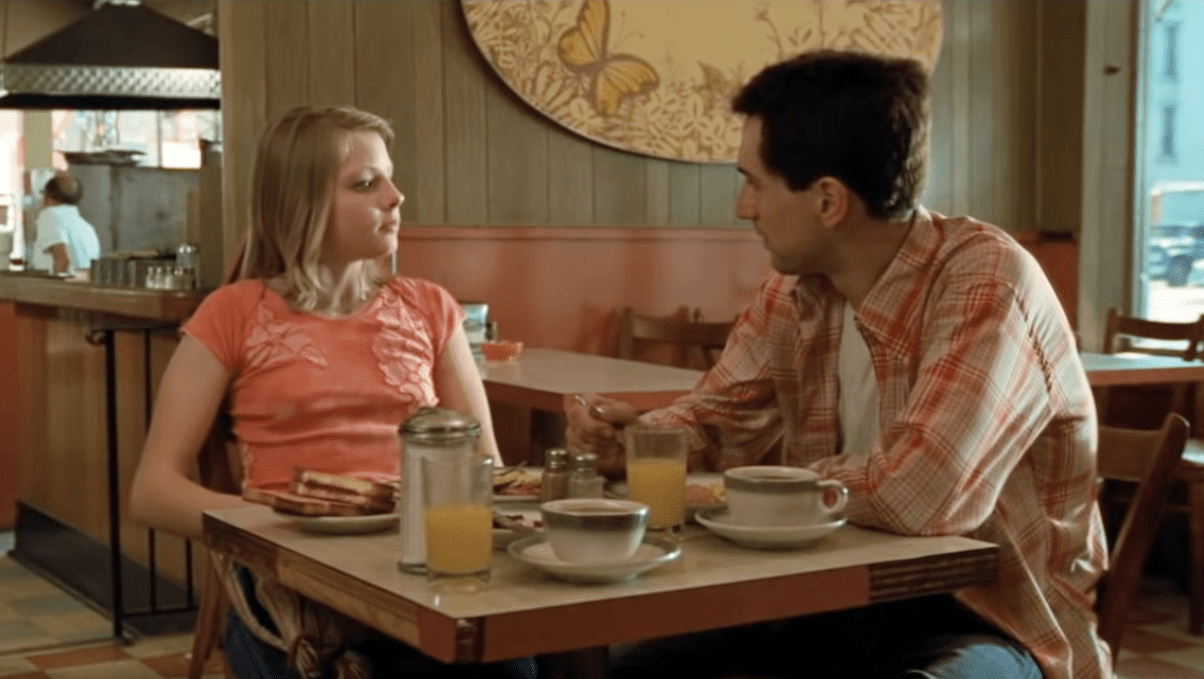 Taxi Driver (1976), Columbia Pictures Corporation
Taxi Driver (1976), Columbia Pictures Corporation
John Travolta
Travolta played a student with a definite attitude problem in the TV series Welcome Back, Kotter from 1975 to 1979, which led to a part in Carrie (1976) and a leading role in Grease (1978). However, his pop-culture status was truly ignited by his disco-loving role in Saturday Night Fever (1977), a reputation rivaled only by his later appearance in Quentin Tarantino’s Pulp Fiction (1994), which helped restart his acting career. Now in his 70s, he’s said he’s putting his career on hold for family.
Jon Voight
Voight’s career in film took off when he was cast with Dustin Hoffman in Midnight Cowboy (1968), later starring in the popular and well-received Deliverance (1972). Voight won an Oscar for best actor for Coming Home (1978), playing a returning Vietnam war vet who falls in love with Jane Fonda’s character. He then starred in the drama The Champ (1979), but critics were less impressed. Now in his 80s, Voight still acts, with his recent movies including Megapolis (2024).
Kris Kristofferson
Kristofferson gained fame as a country singer and songwriter before getting into acting in the 1970s, most famously with Barbra Streisand in A Star Is Born (1976). He played in Sam Peckinpah westerns Pat Garrett and Billy the Kid (1973) and Bring Me The Head Of Alfredo Garcia (1974), and Peckinpah’s road movie Convoy (1978). He also co-starred in Martin Scorsese’s Alice Doesn’t Live Here Anymore (1974). In his 80s, Kristoffeson said he was retiring.
Lily Tomlin
Starting off as a stand-up comedian in the 1960s, Tomlin’s big break came in 1969 when she joined TV’s Rowan & Martin’s Laugh-In, where she demonstrated a prodigious range of personas. Her first film role, in Nashville (1975), prompted an Oscar nomination, and critics liked her comedy-mystery The Late Show (1977), though they were less kind about Moment by Moment (1978) with John Travolta. Now in her 80s, Tomlin continues to accept acting roles.
Liv Ullman
Appearing in many Ingmar Bergman films, such as Cries And Whispers (1972) and Autumn Sonata (1978), Norwegian actress Ullman achieved fame acting for film, TV, and the theater, and as a screenwriter and a director. She starred with Laurence Olivier in A Bridge Too Far (1977), and was nominated for an Oscar for The Emigrants (1971) and Bergman’s Face To Face (1976). Now in her 80s, she received an honorary Academy Award in 2021.
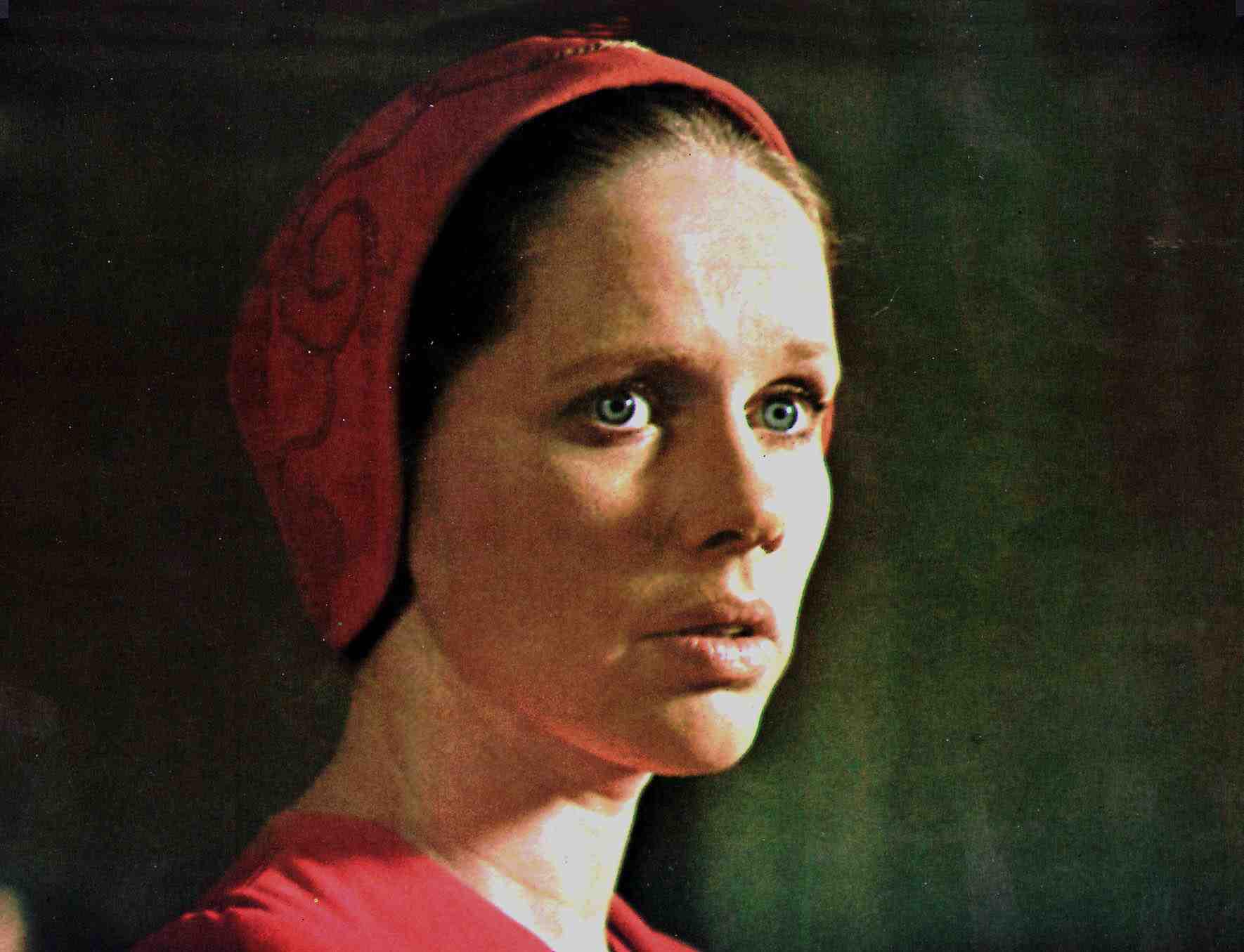 FilmPublicityArchive/United Archives via Getty Images
FilmPublicityArchive/United Archives via Getty Images
Madeline Kahn
Frequently performing on stage, comedic actress Kahn also appeared in some of the funniest films of the 1970s, including Mel Brooks’ Blazing Saddles and Young Frankenstein, both from 1974, and Peter Bogdanovich’s What’s Up, Doc? in 1972. Kahn also joined the ensemble cast that appeared in the parody The Cheap Detective (1978). Kahn’s career was rolling on strong until cancer struck her down in 1999 at the age of 57.
Marlon Brando
Brando’s once-glorious acting career declined in the 1960s, with critics starting to suspect he was just taking acting roles for the money. Brando’s lead performance as The Don in The Godfather (1972) turned things around, leading to the controversial box office hit Last Tango In Paris, released later the same year, and his critically acclaimed performance in Apocalypse Now (1979). After Apocalypse Now, his acting career declined yet again. Brando passed on in 2004 at the age of 80.
 Paramount Pictures, Wikimedia Commons
Paramount Pictures, Wikimedia Commons
Martin Sheen
Co-starring with Marlon Brando, Sheen also received a career boost from Apocalypse Now (1979), capping a decade of notable roles in films such as Catch-22 (1970) and Badlands (1973), and made-for-TV’s The California Kid (1974), The Missiles Of October (1974), and Blind Ambition (1979). Sheen, now in his 80s, has continued to appear in roles, starring in Netflix’s Grace and Frankie from 2015 to 2022.
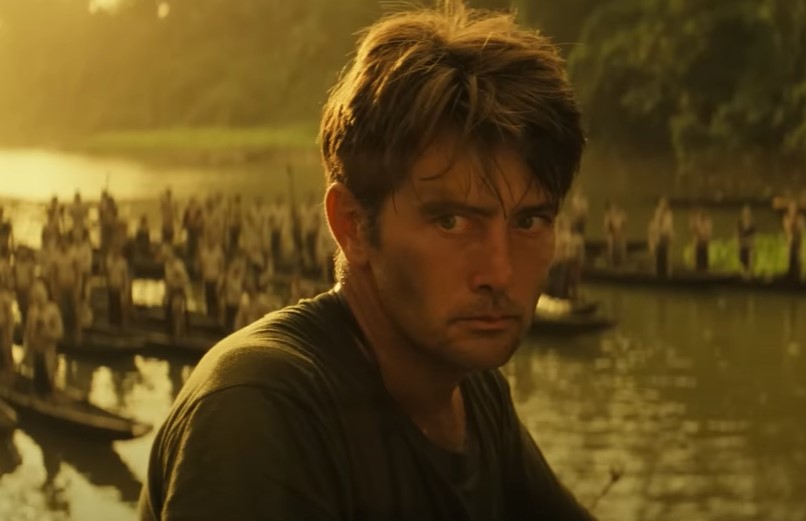 Zoetrope, Apocalypse Now (1979)
Zoetrope, Apocalypse Now (1979)
Michael Douglas
Douglas was a rising star in the 1970s, partly thanks to four seasons as a homicide detective on ABC’s The Streets Of San Francisco, followed by playing a doctor in Coma (1978) and a marathon runner in Running (1979). Douglas produced the highly acclaimed The China Syndrome (1979), as well as starring in it, with box office sales boosted by the Three Mile Island nuclear accident days after the premiere. On the cusp of his 80s, Douglas continues to act.
Paul Newman
Already a star in the 1960s, Newman continued to draw crowds in the 1970s, with The Sting (1973) topping the box office for 1974 and winning the Oscar for best picture. He co-starred in The Towering Inferno (1974), insisting on doing his own stunts in what turned out to be another box office success. However, sports comedy Slap Shot (1977) got only mixed reviews and moderate box office acclaim. Newman kept acting into the early 2000s, passing on in 2008 at the age of 83.
Richard Dreyfuss
Afraid he’d never work again in film after his performance in The Apprenticeship Of Duddy Kravitz (1974), Dreyfuss changed his mind and begged Steven Spielberg to cast him in Jaws (1975). The movie turned into one of the great hits of the decade, with Spielberg also casting him in the blockbuster Close Encounters Of The Third Kind (1977). Now in his 70s, Dreyfuss still acts, and stirs up controversy.
Robert De Niro
In Taxi Driver (1976), De Niro improvised “You talking to me?” when all his script said was “Travis looks in the mirror,” creating a line that’s resonated ever since. He’d already worked with director Martin Scorsese in Mean Streets (1973), another drama set in New York, receiving an Oscar nomination, and would win his first Oscar playing a young Vito Corleone in Francis Ford Coppola’s The Godfather Part II (1974). Now in his 80s, he’s still acting in feature films.
Robert Duvall
The 1970s saw Duvall enter star territory, playing Frank Burns in M*A*S*H (1970) and a fugitive from robots in THX 1138 (1971), the first film George Lucas directed. He scored with the critics in Godfather (1972) and Godfather Part II (1974)—and in Apocalypse Now (1979) he says this chillingly memorable line: “I love the smell of napalm in the morning”. Now in his 90s, Duvall continues to act, appearing in two Netflix films released in 2022: Hustle and The Pale Blue Eye.
 Paramount Pictures, Apocalypse Now (1979)
Paramount Pictures, Apocalypse Now (1979)
Robert Redford
Butch Cassidy And the Sundance Kid (1969), co-starring Paul Newman, put Redford on the A-list, with more box office successes to come. Those blockbusters include The Way We Were (1973), The Sting (1973), The Great Gatsby (1974), Three Days Of The Condor (1975), and All The President’s Men (1976). Now in his 80s, Redford retired in 2018, though he said “you never know”.
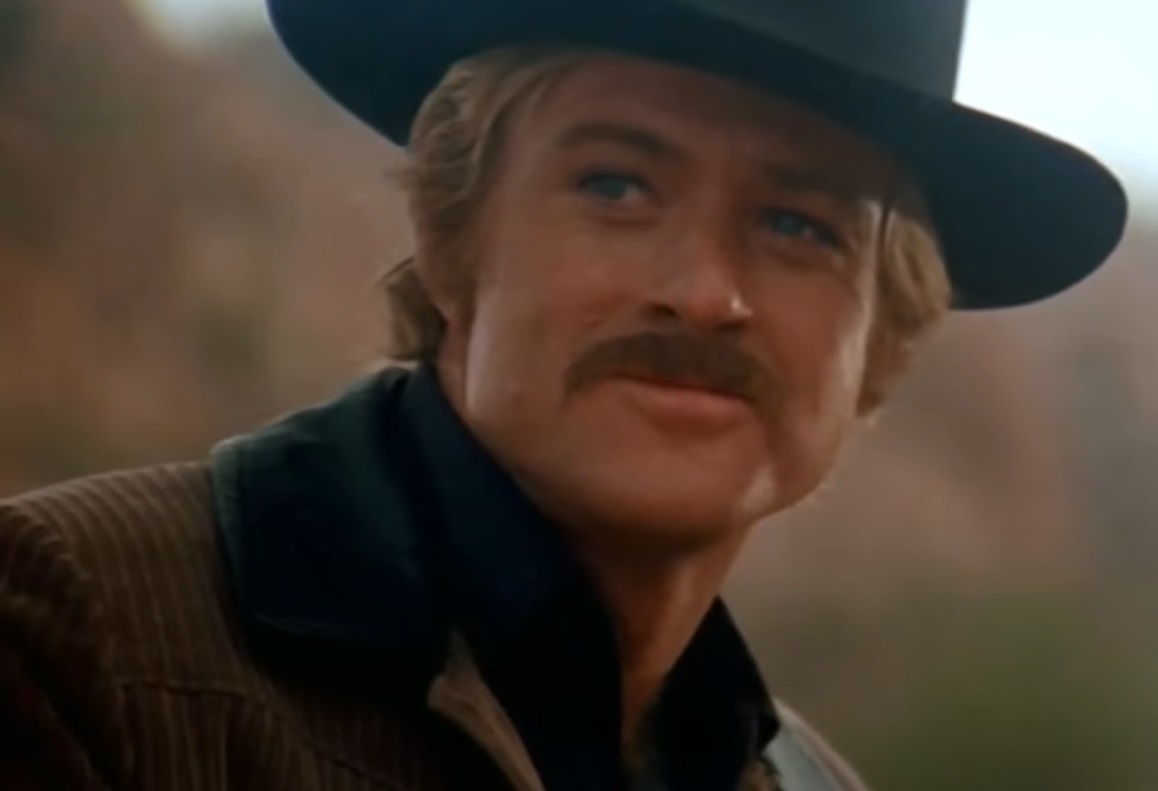 Twentieth Century, Butch Cassidy and the Sundance Kid (1969)
Twentieth Century, Butch Cassidy and the Sundance Kid (1969)
Roger Moore
Taking over from Sean Connery, Moore played a calmer, more debonair James Bond starting with Live and Let Die (1973), with three more Bond films to come in the decade. But he felt his best film predated his Bond role, praising The Man Who Haunted Himself (1970)—though critics were underwhelmed by this variant of Jekyll and Hyde. Also before Bond, Moore appeared with Tony Curtis in an action-comedy TV series The Persuaders! Moore passed on in 2017 at the age of 89.
Roy Scheider
Though Scheider’s roles in The French Connection (1971) and All That Jazz (1979) are among his great performances of the decade, his role in Jaws (1975) remains embedded in the collective memory. He’s particularly remembered for Chief Brody’s line, “You’re gonna need a bigger boat,” a joke on set that made it into the film. Scheider also starred in Marathon Man (1976) and Jaws 2 (1978), and had a steady film career up until his demise in 2008. He was 75.
Sylvester Stallone
As a struggling actor, Stallone, who had been inspired by a Muhammad Ali fight to write a script about a struggling boxer, sold the screenplay with the condition that he play the lead. Filmed on a tight budget, Rocky (1976) won the Academy Awards for best picture, direction, and editing. Stallone ensured he directed the sequel, Rocky II (1979), which raked cash a the box office success and setup Stallone as an action star for decades to come. Nearing his 80s, he still acts.
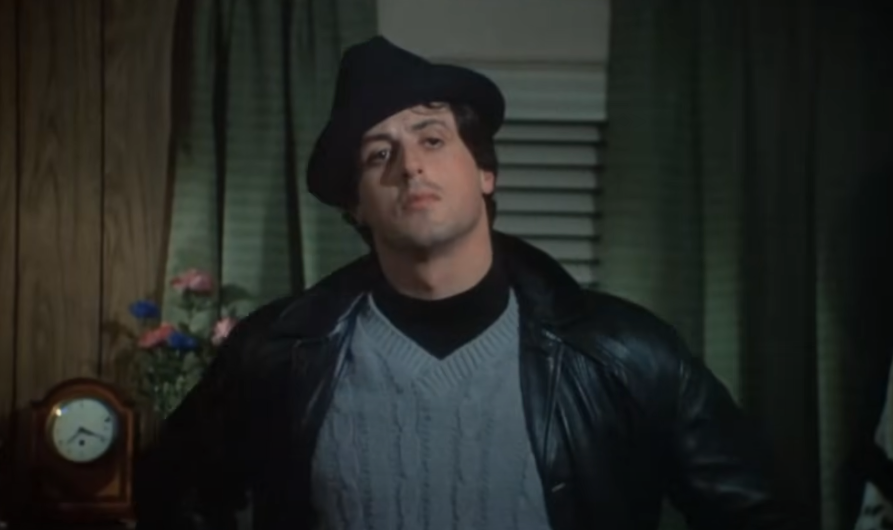 Chartoff-Winkler Productions, Rocky (1976)
Chartoff-Winkler Productions, Rocky (1976)
Woody Allen
In the 1970s, Allen was establishing himself as a director who often appeared in his own films, including Bananas (1971), Sleeper (1973), and Love And Death (1975), but switched from slapstick to a more serious tone for Annie Hall (1977) and Manhattan (1979). His acting style and writing lean heavily into his background as a stand-up performer with monologues punctuated by one-liners. Well into his 80s, he still directs films, but acts less and less.


